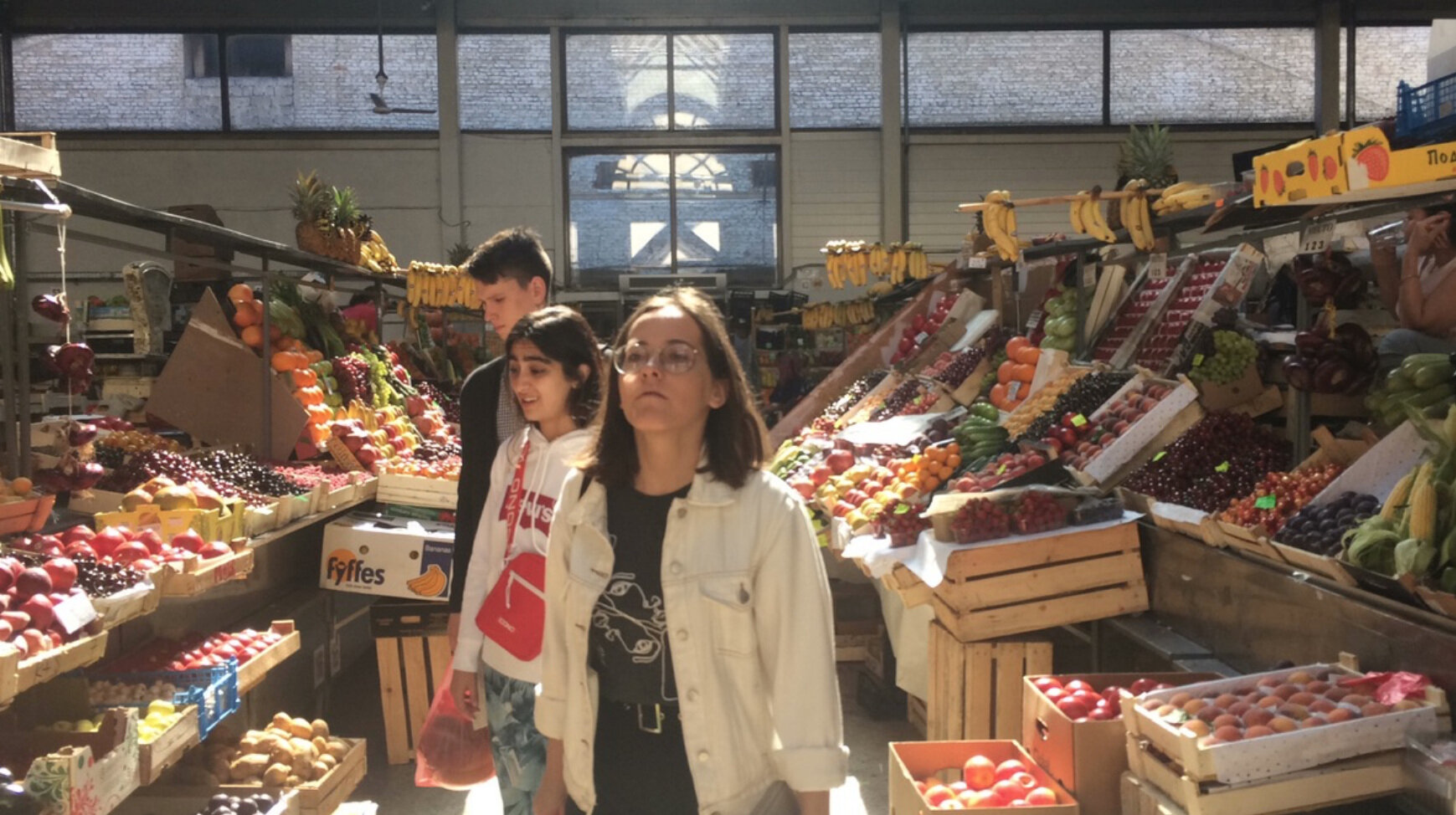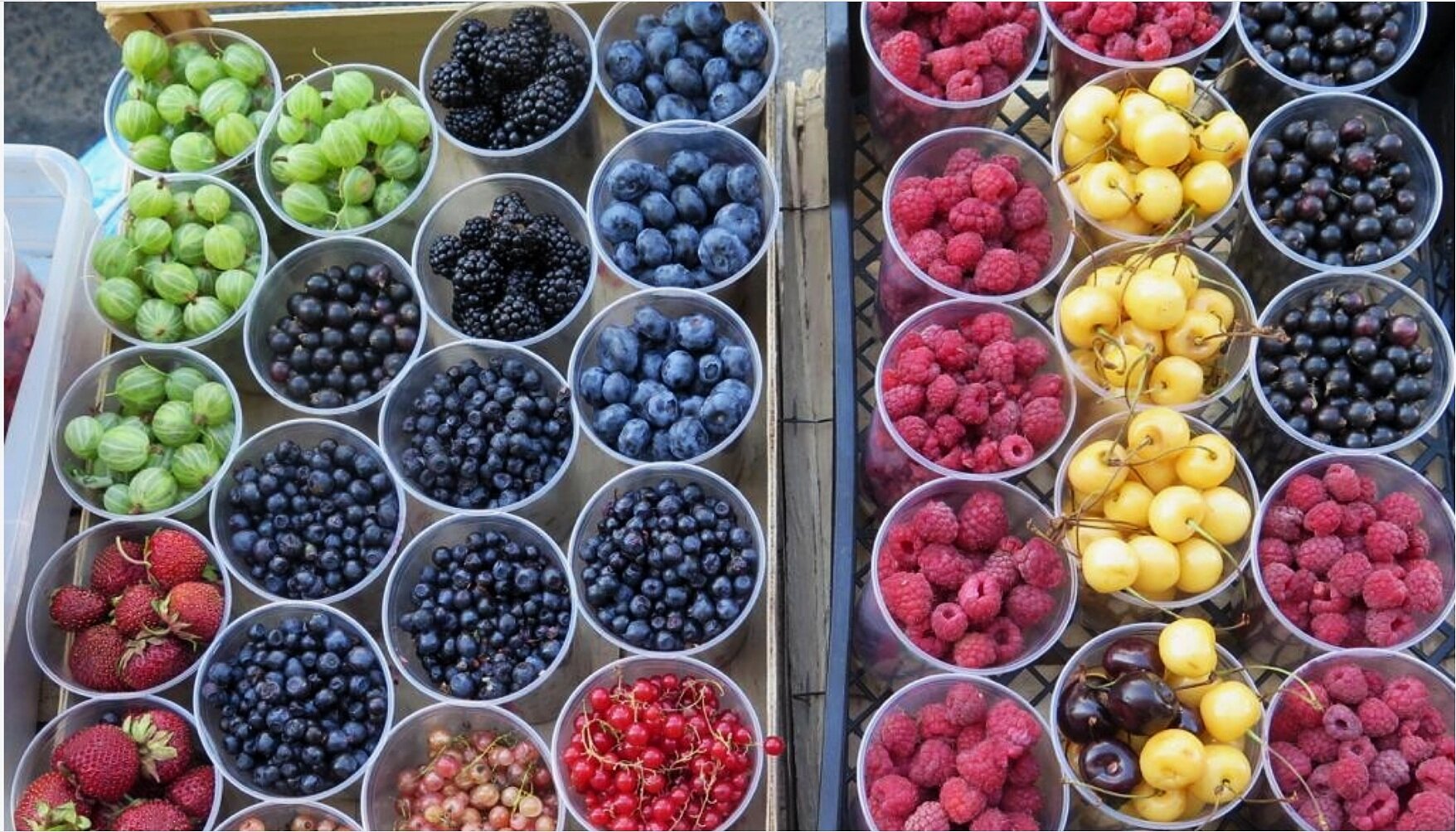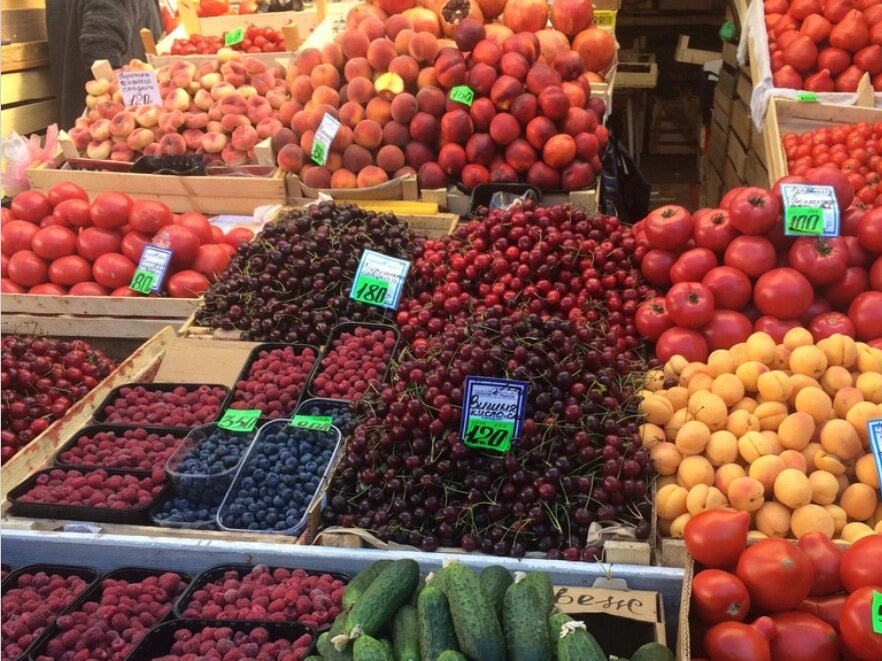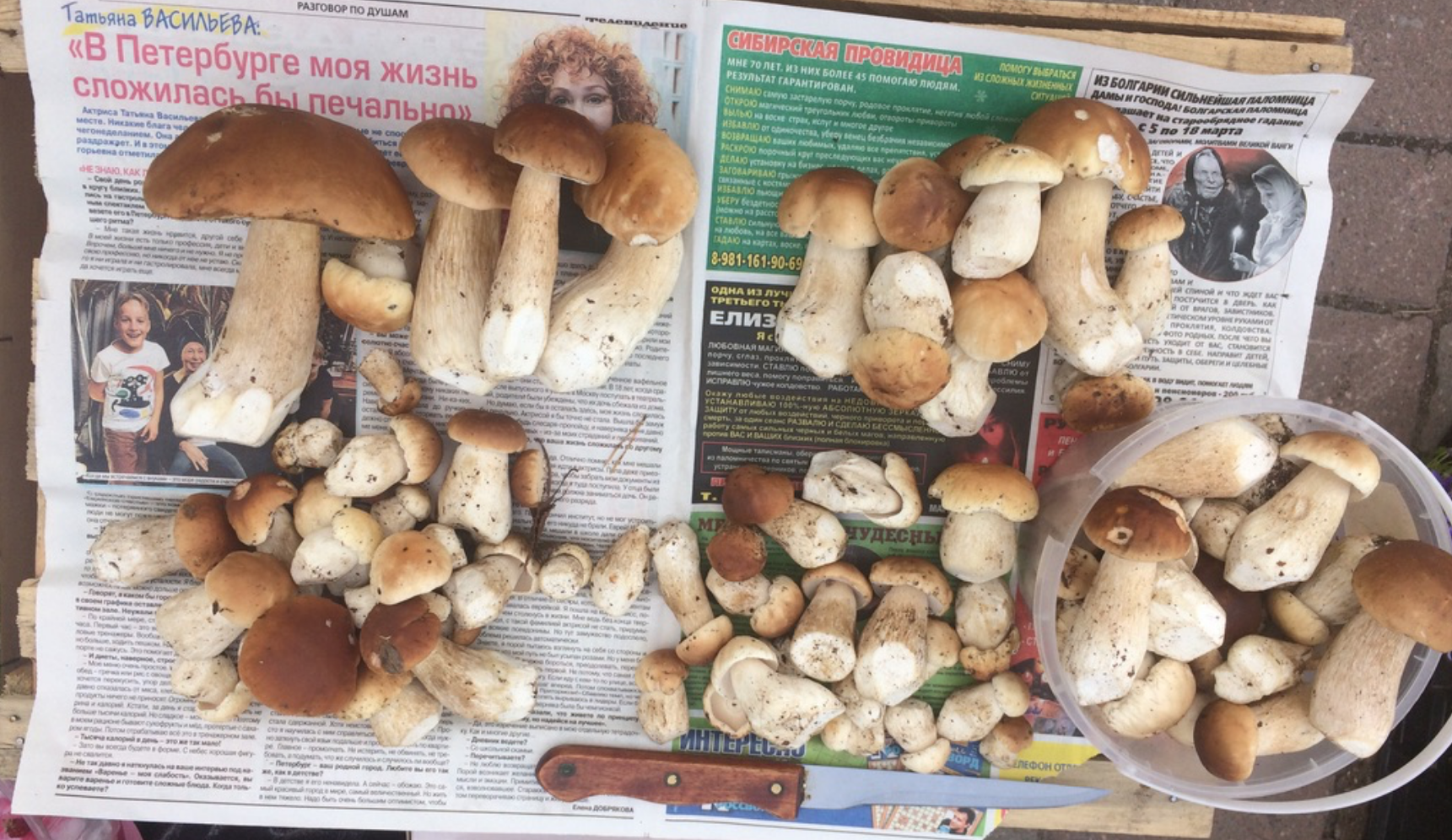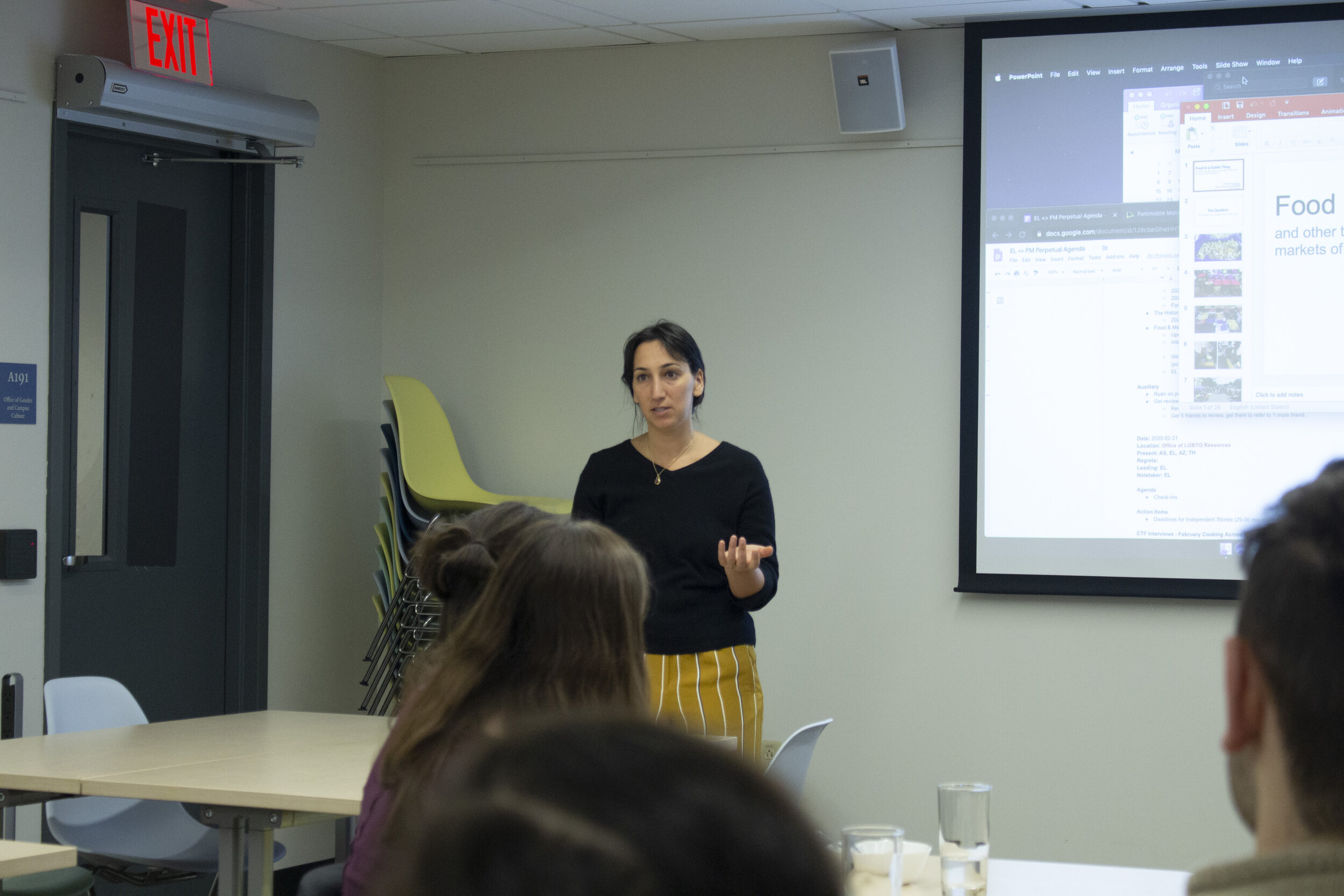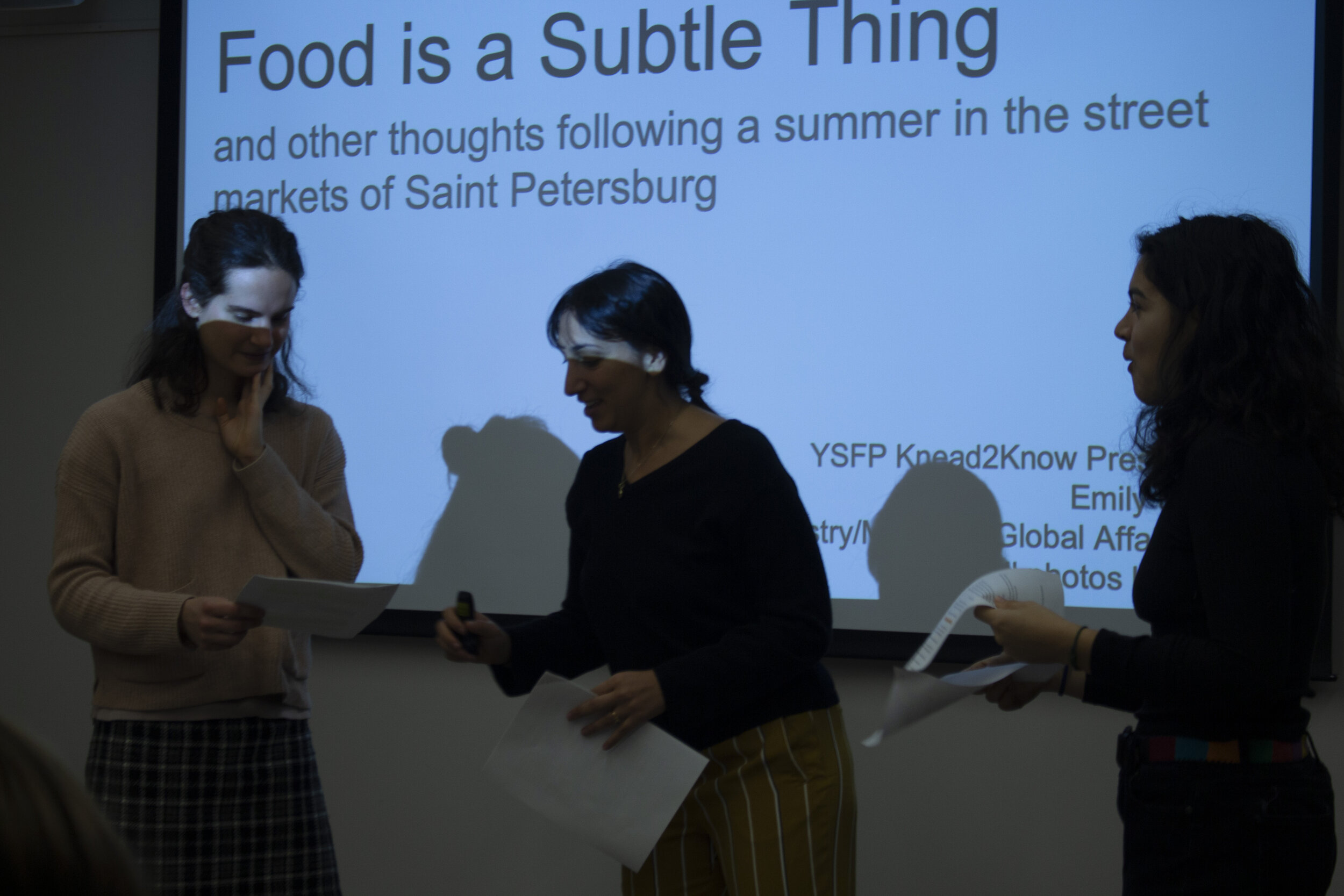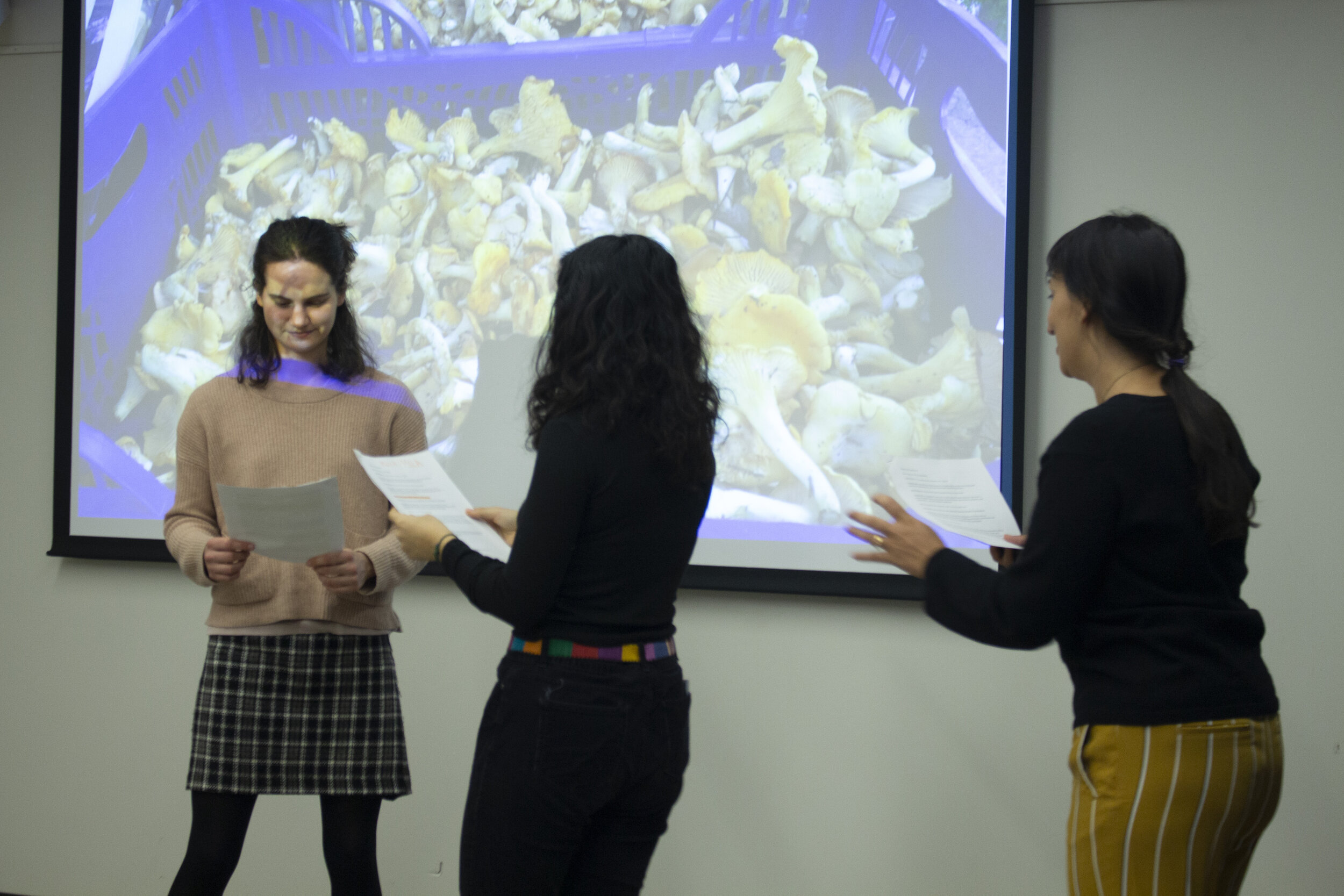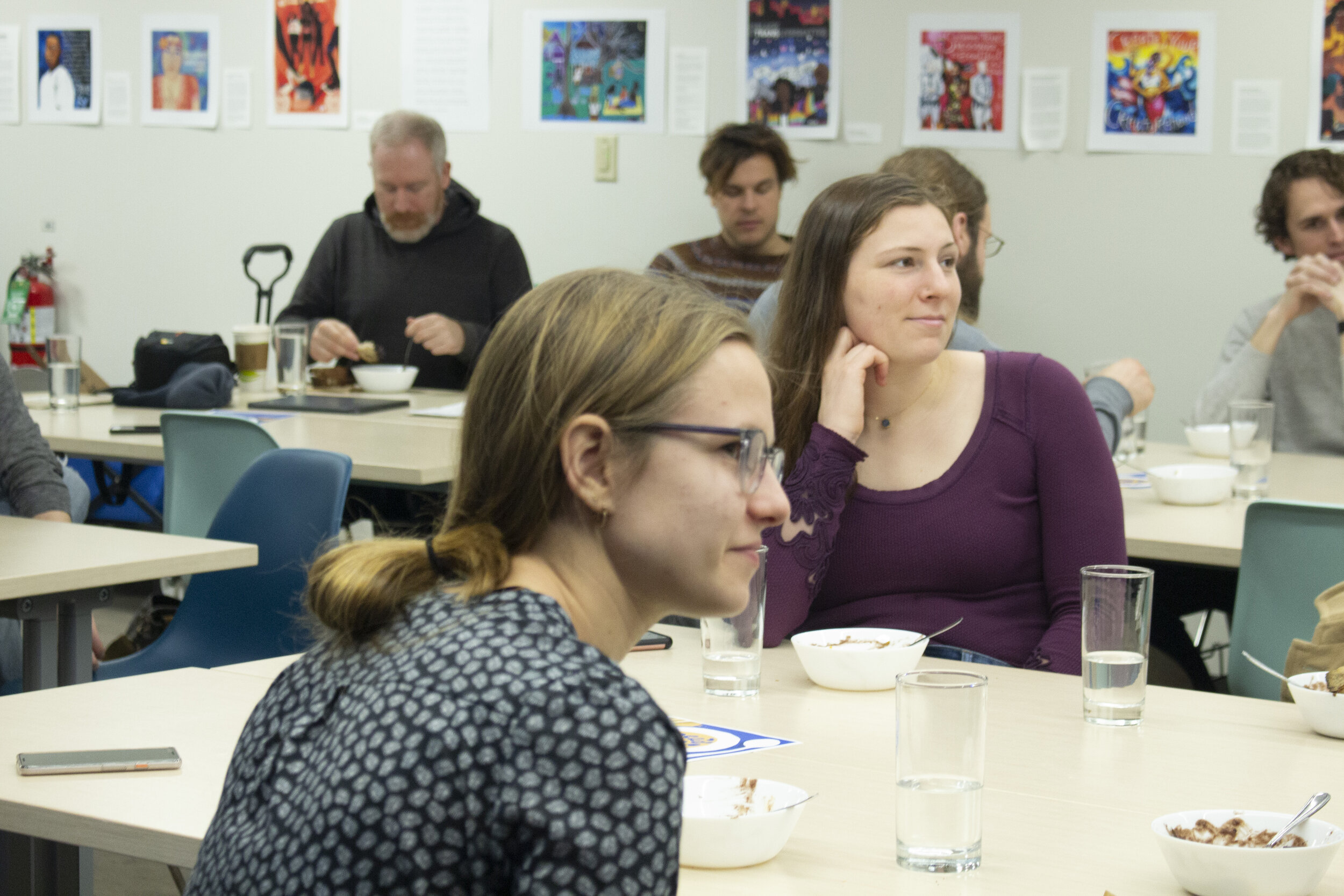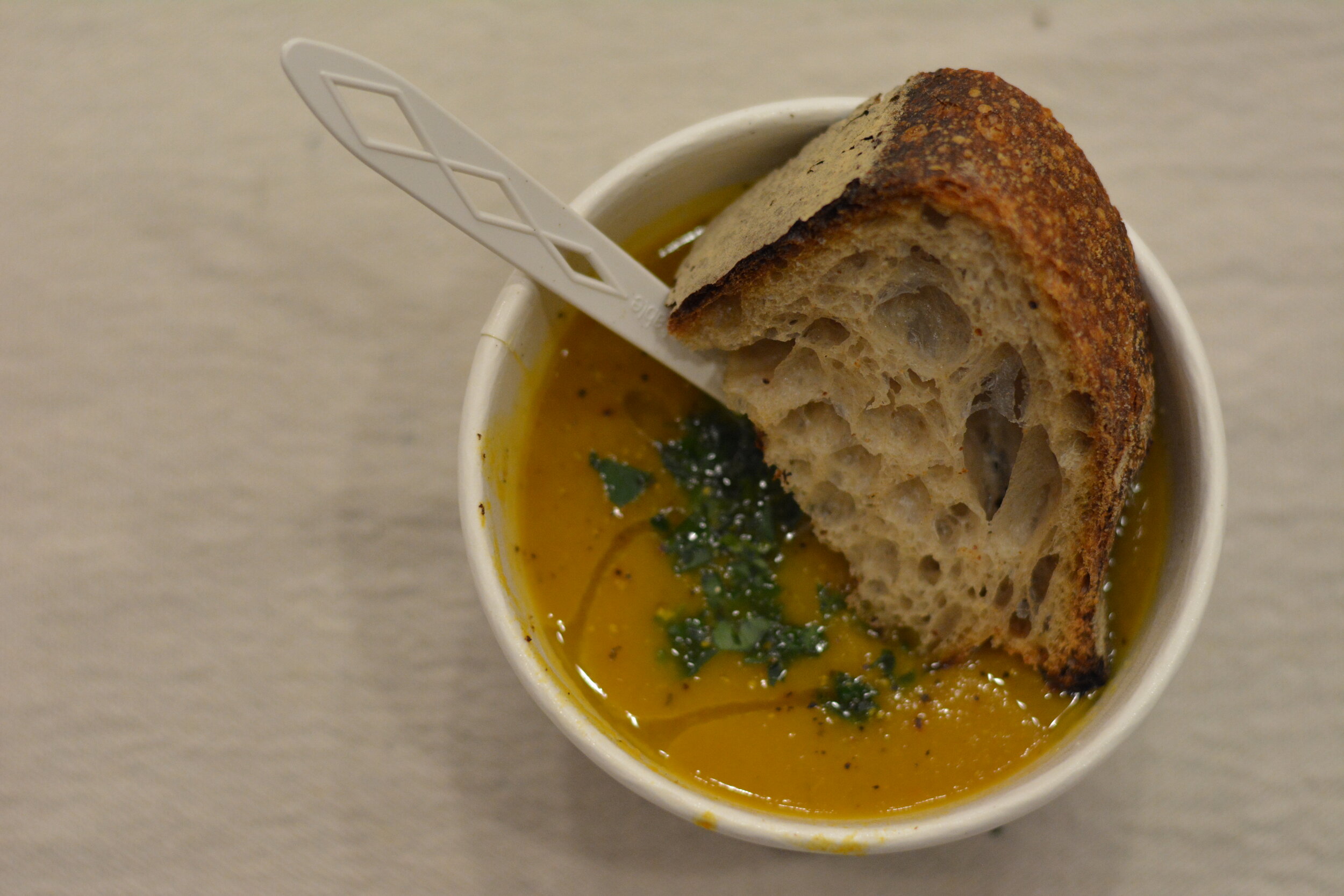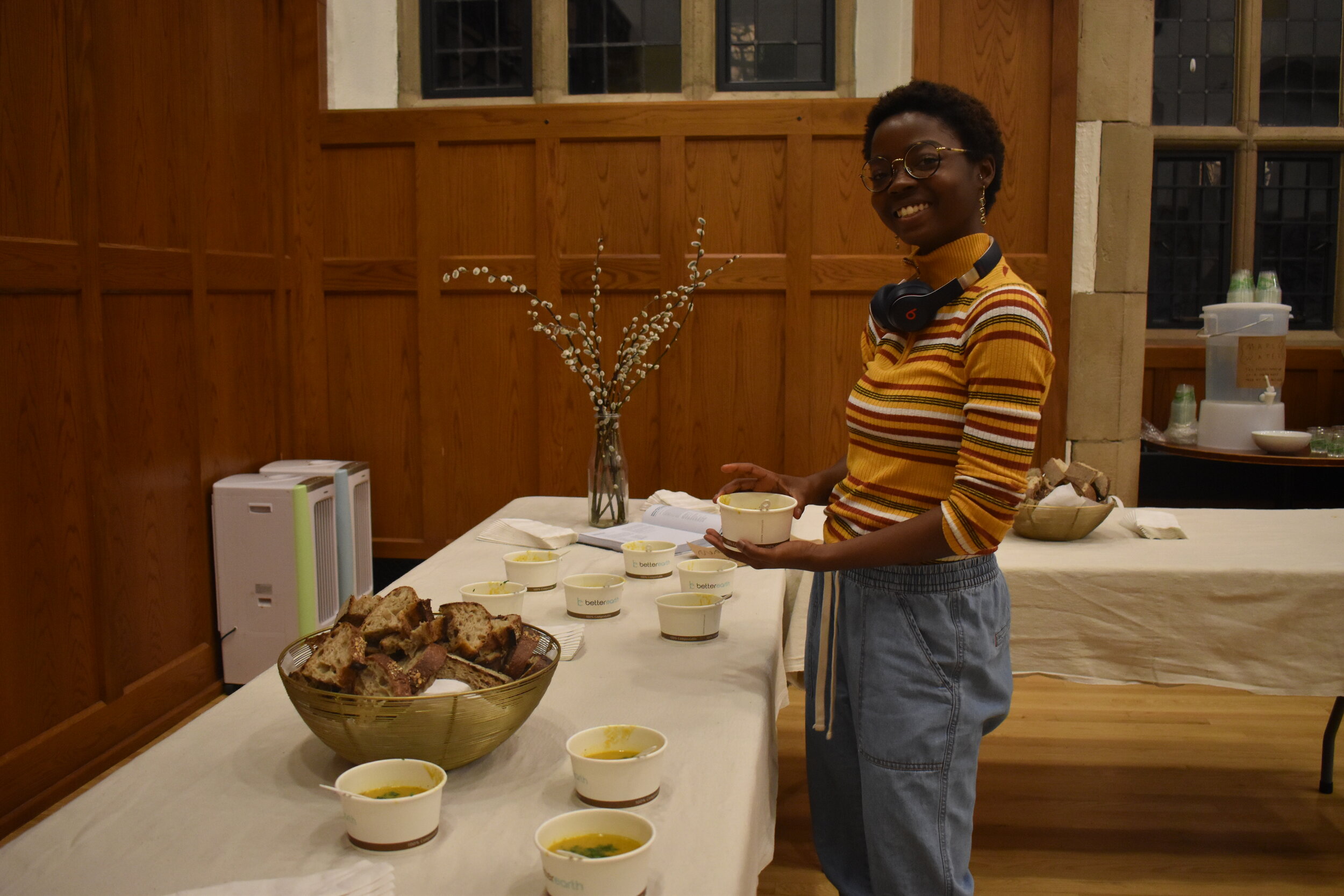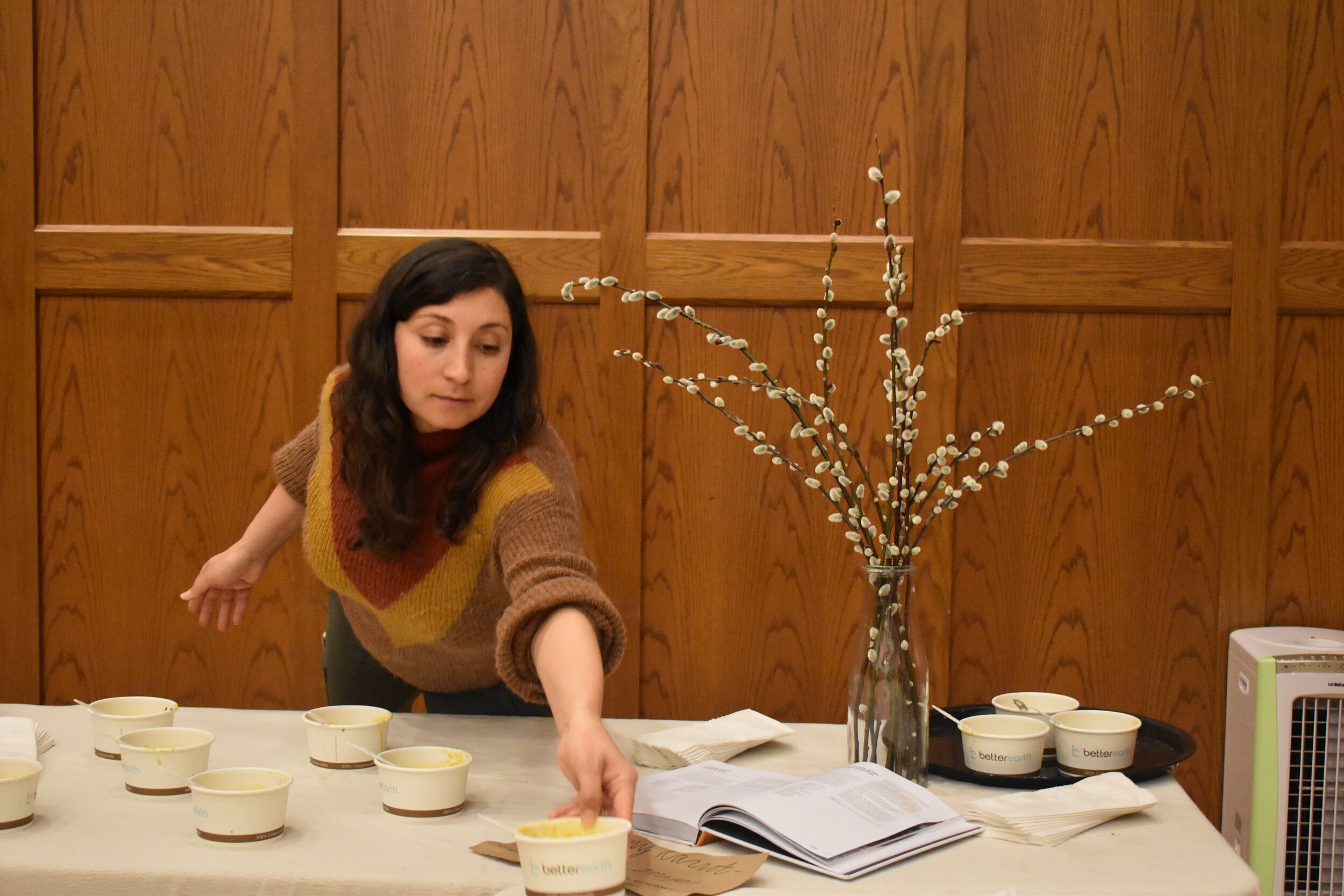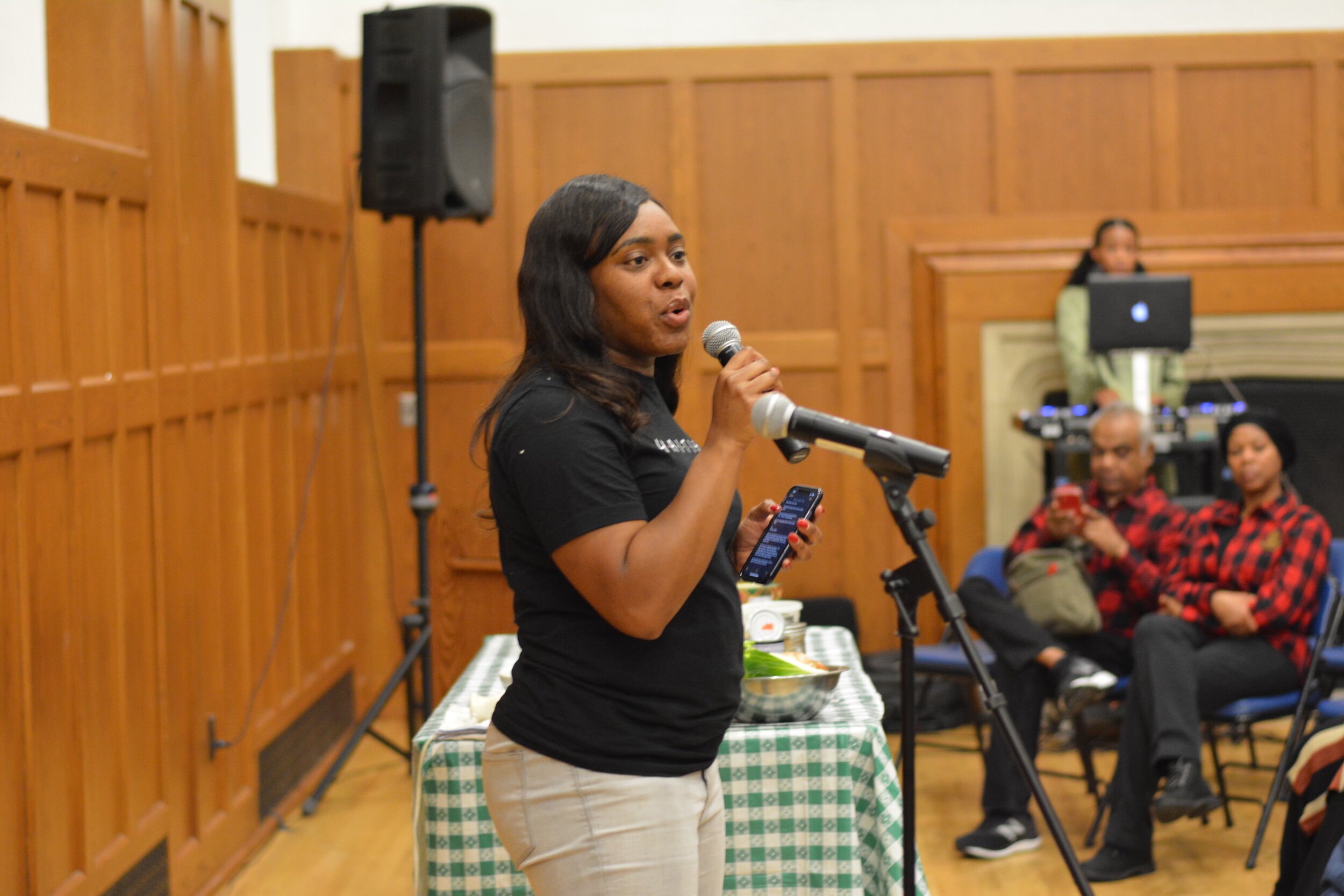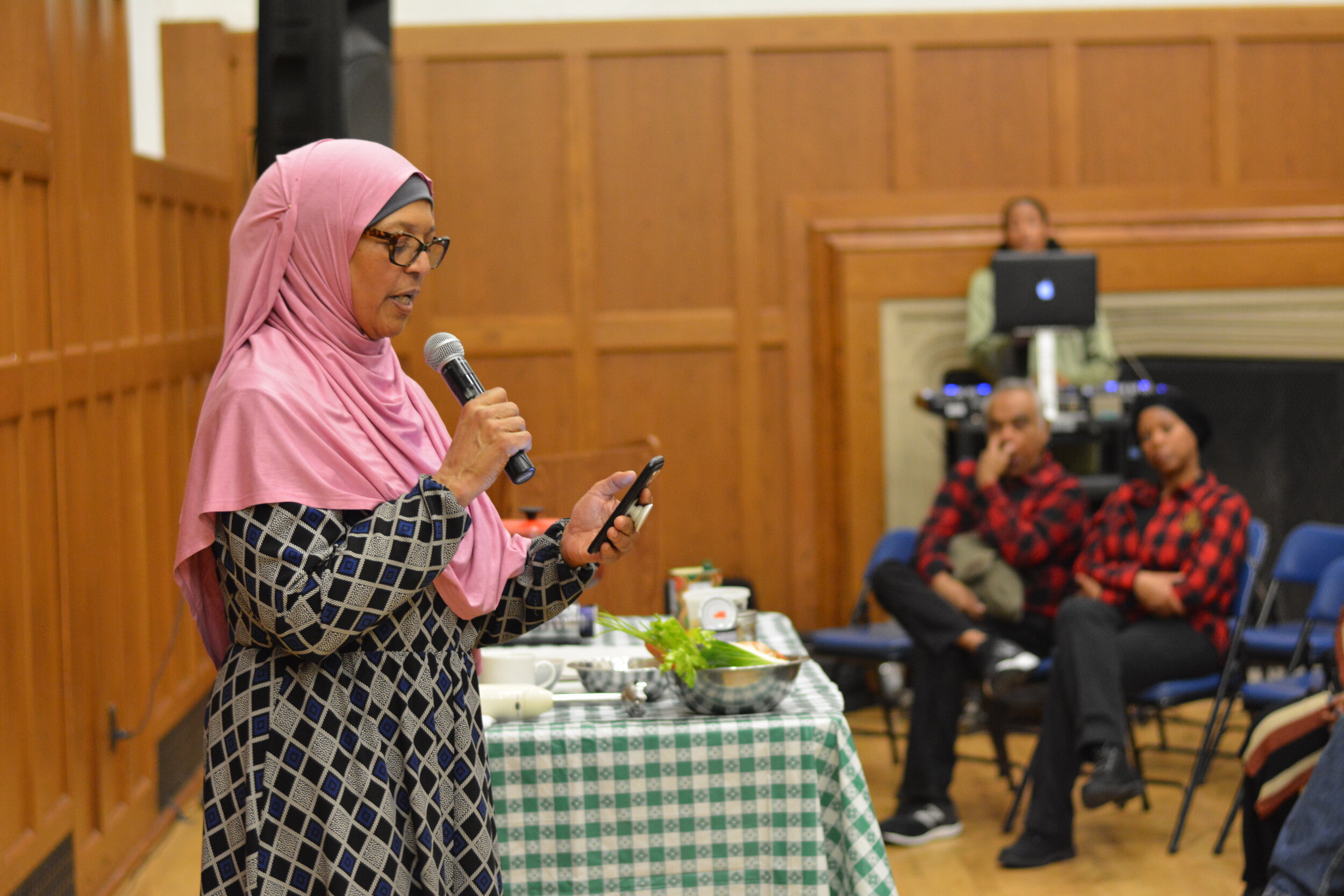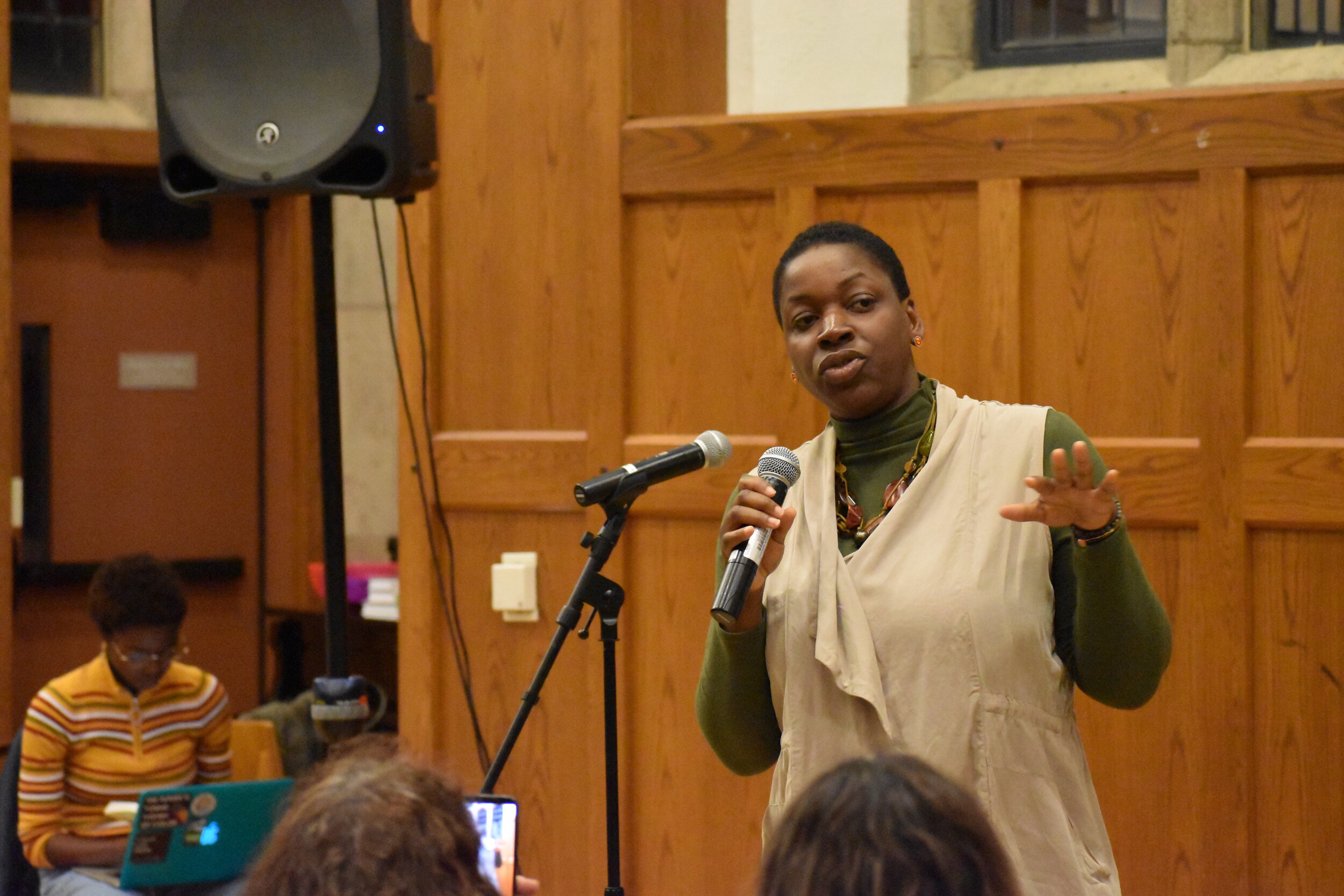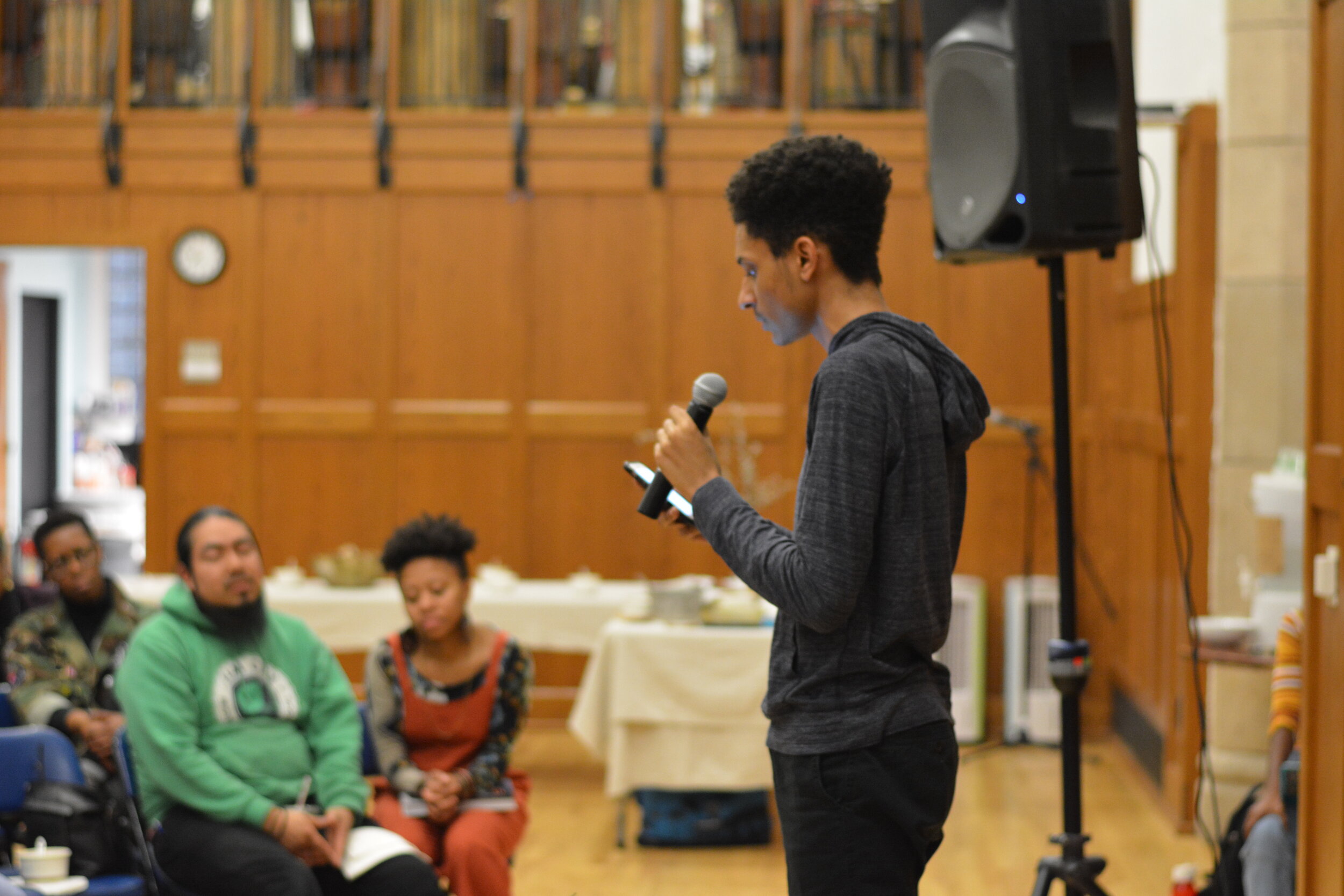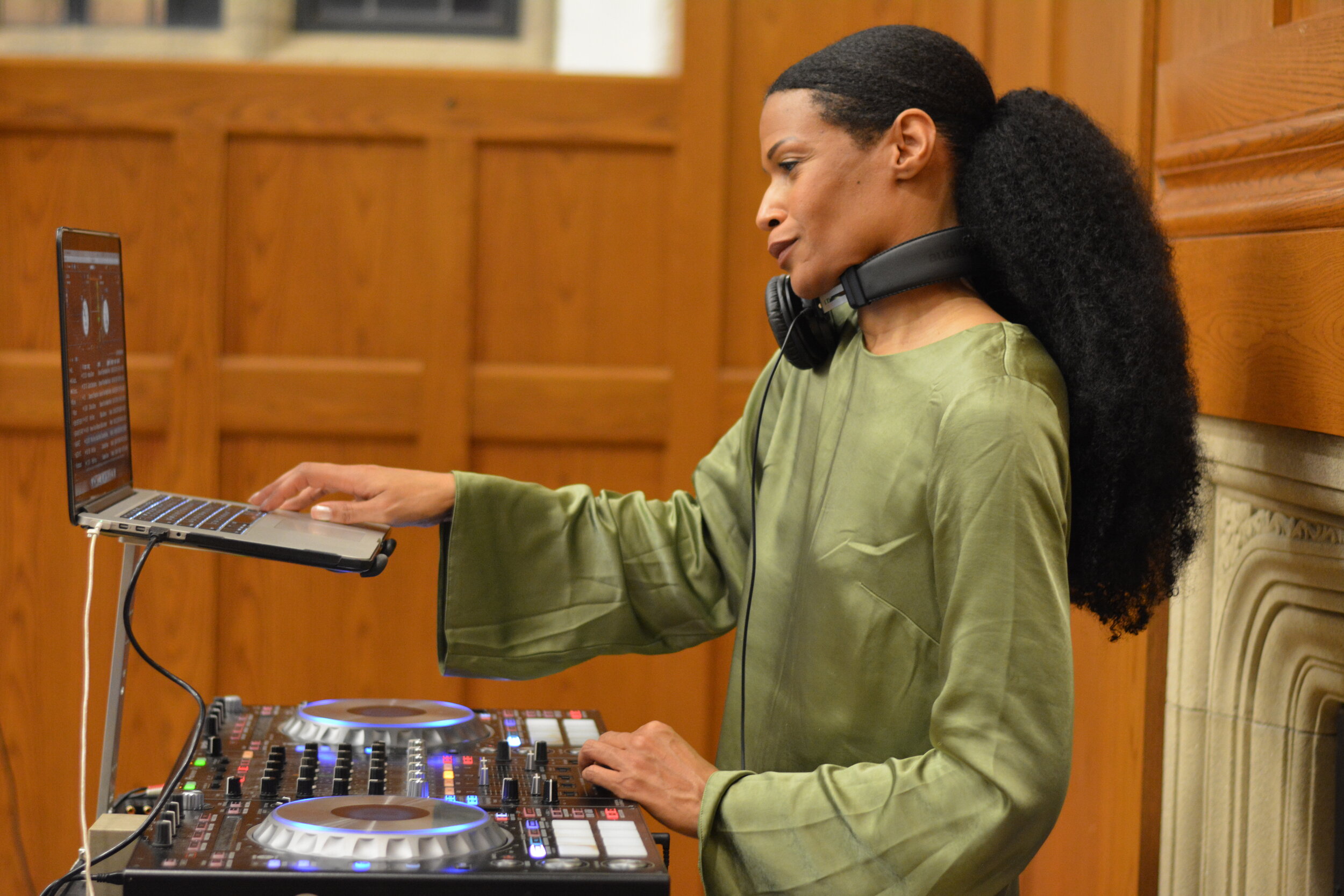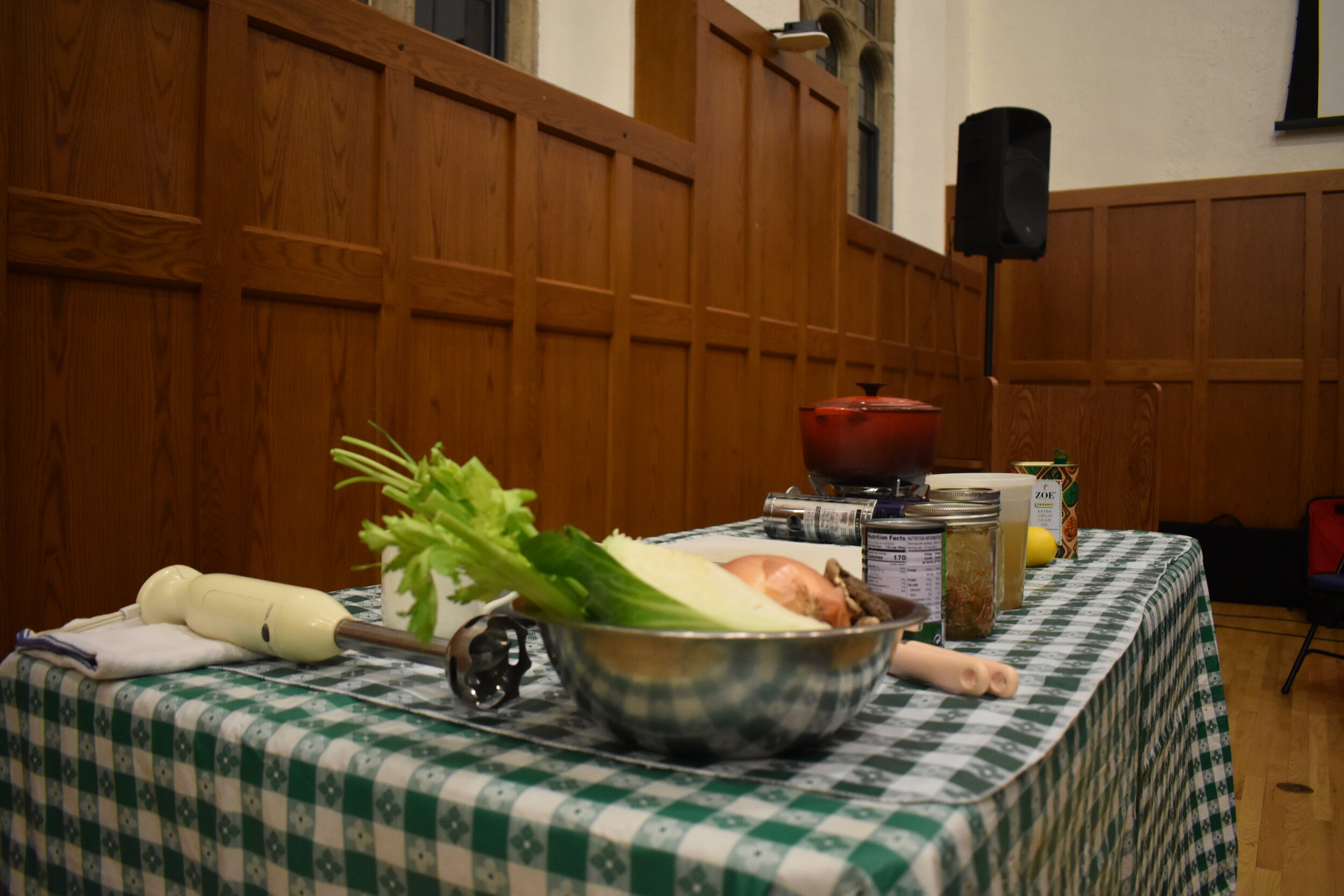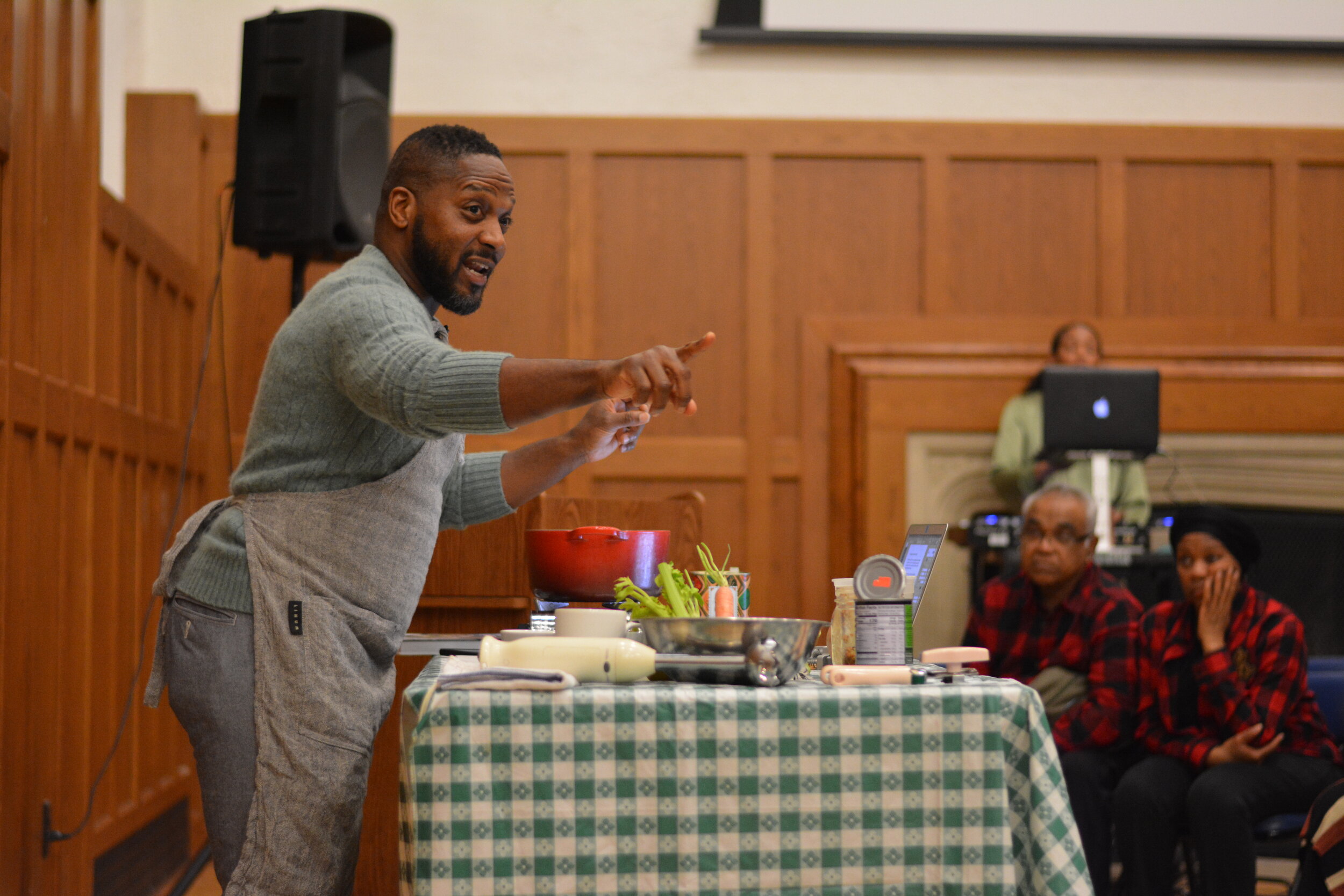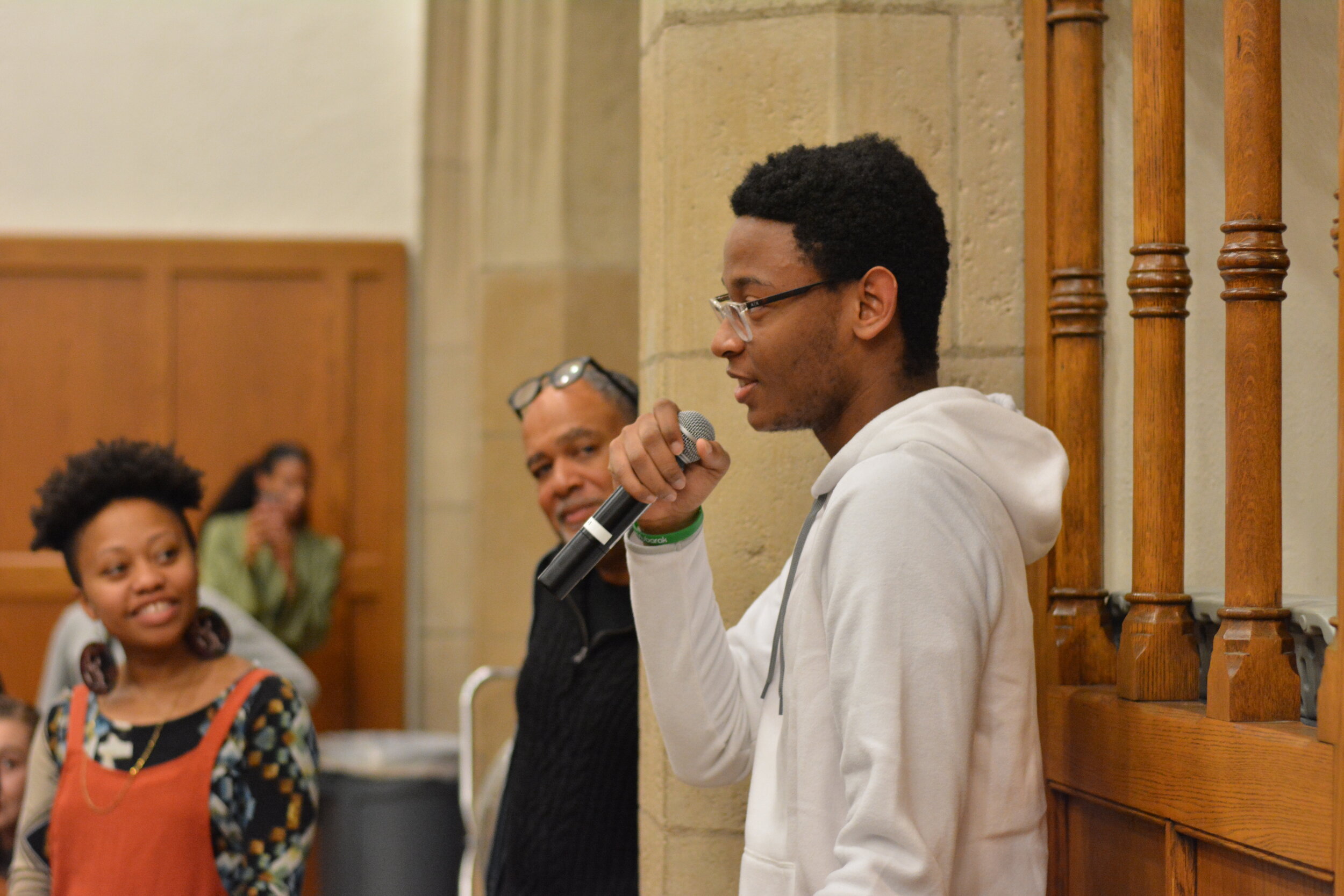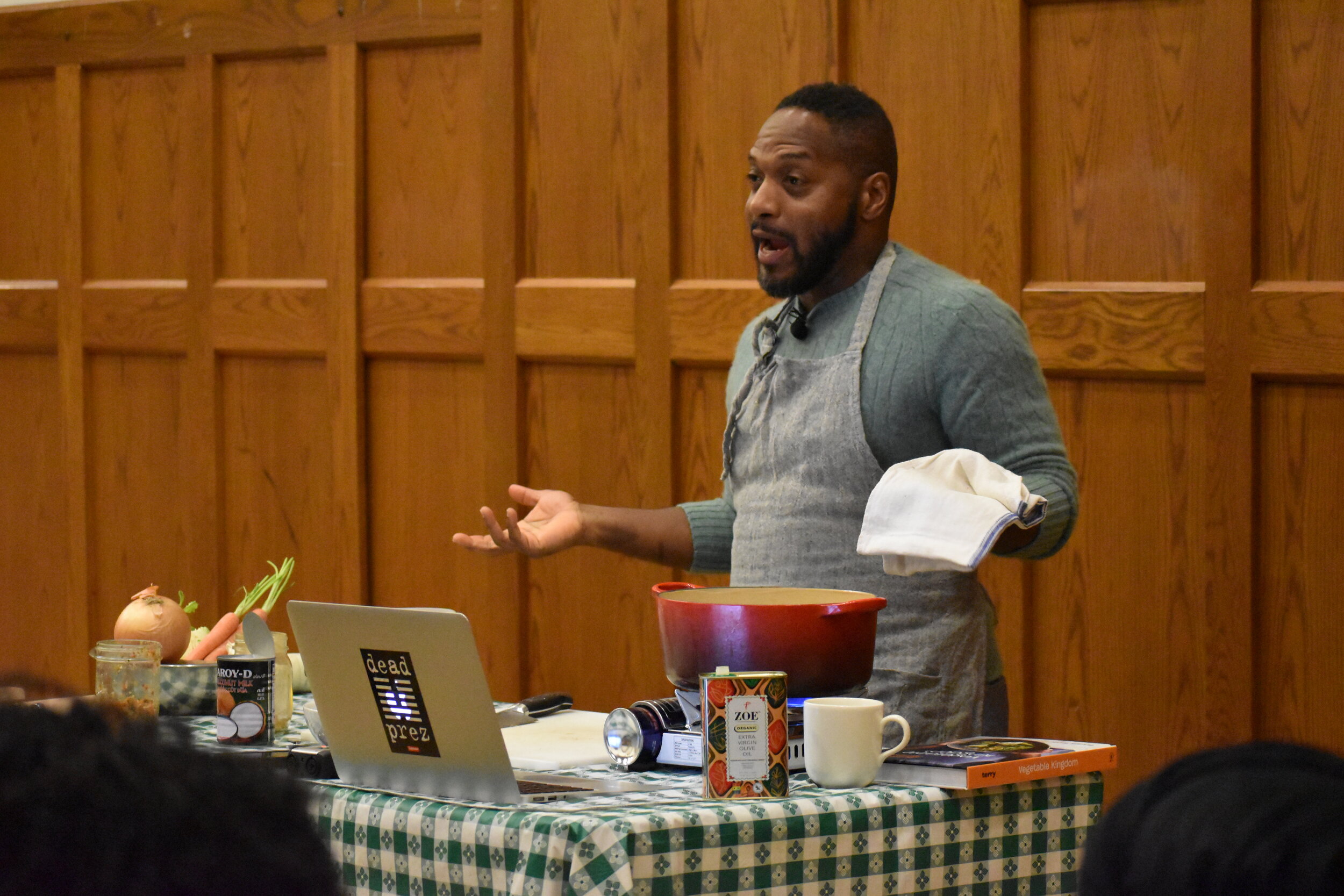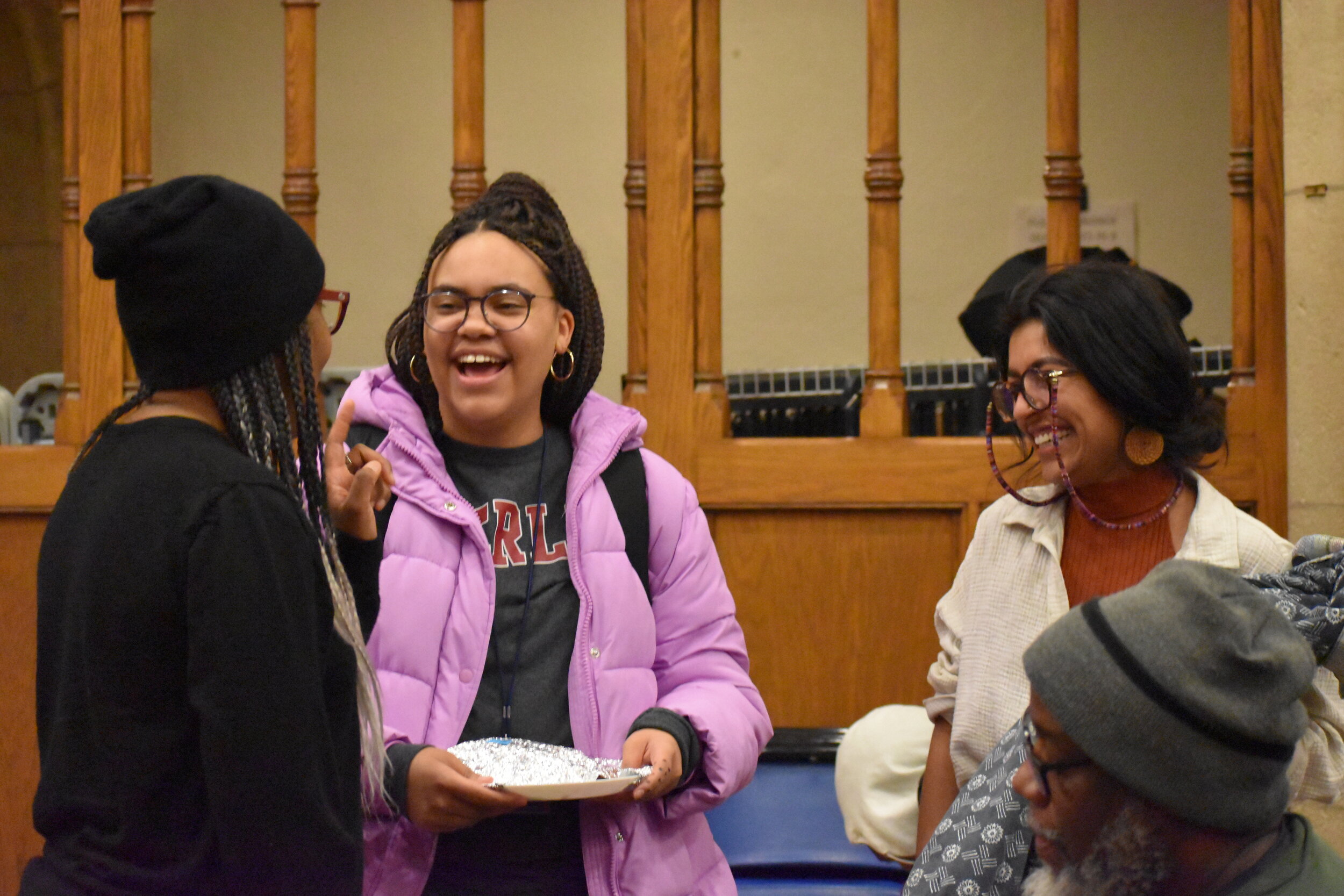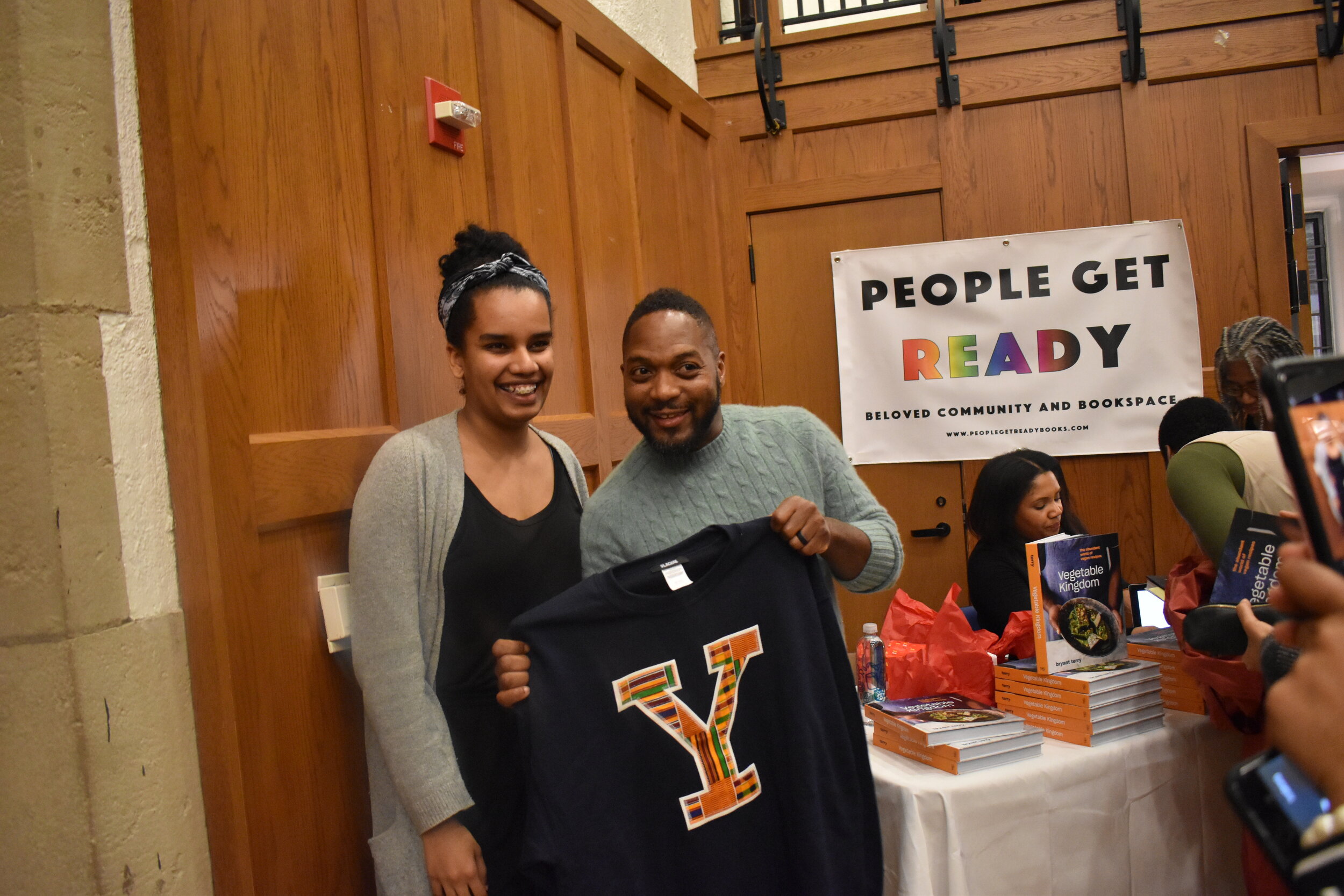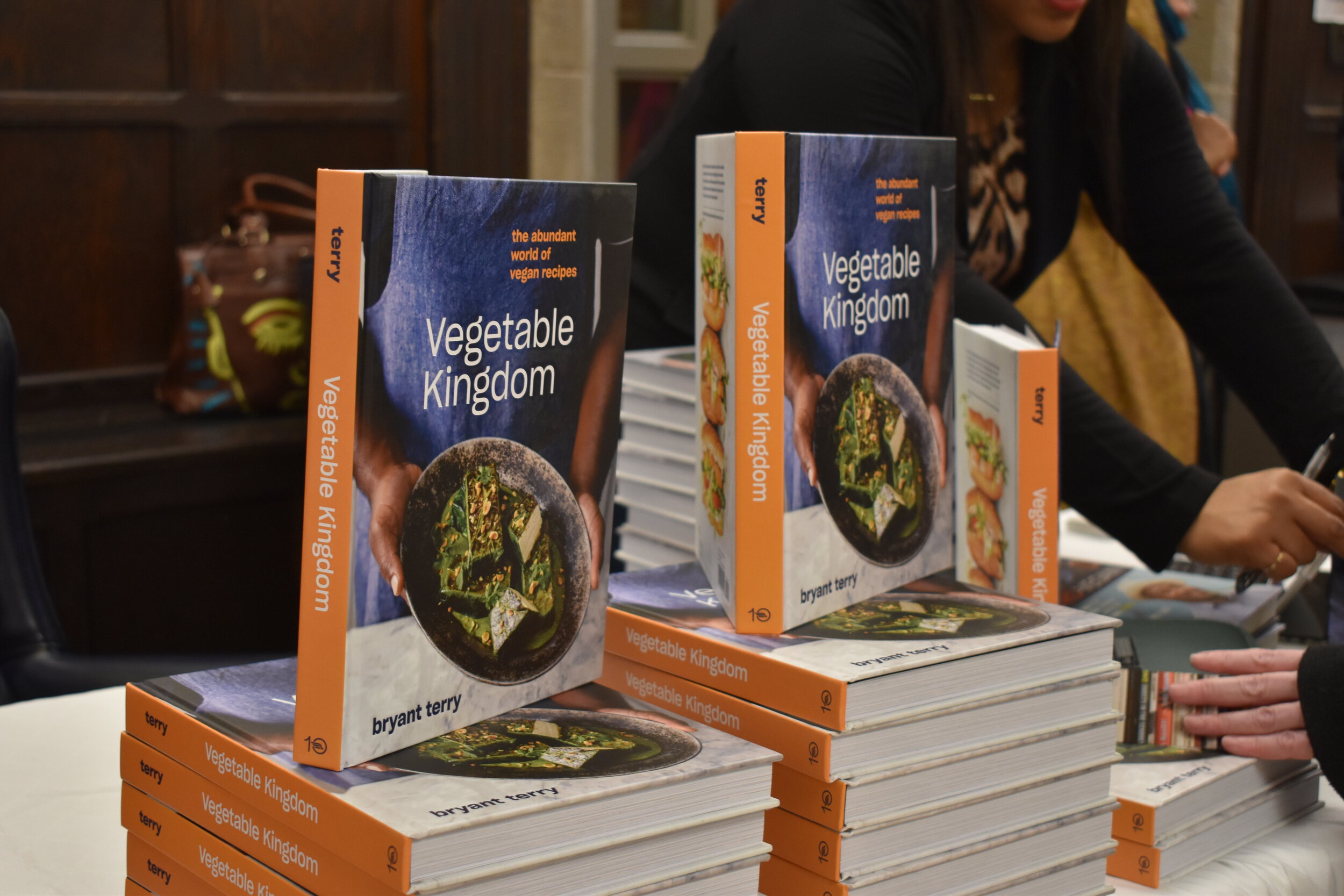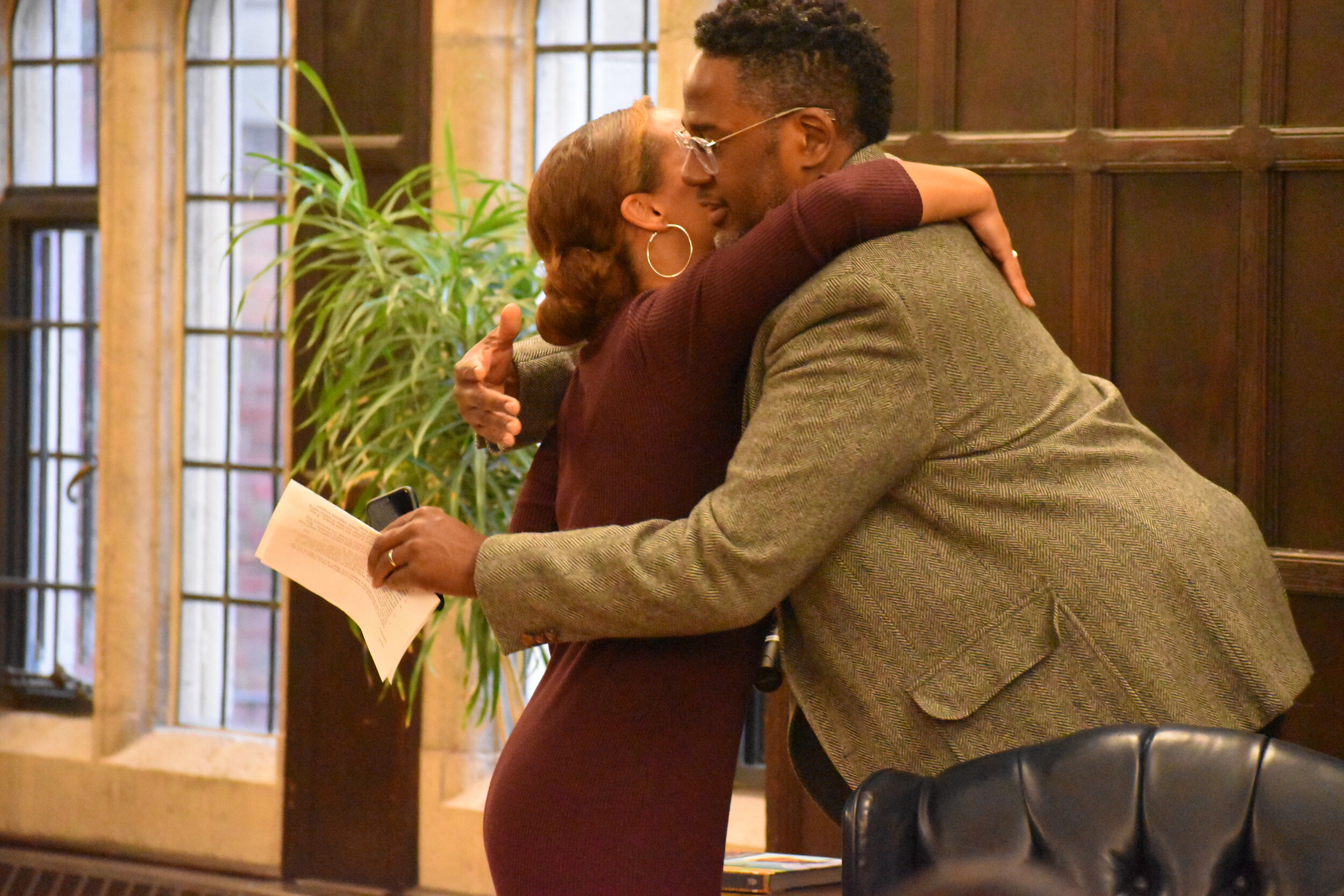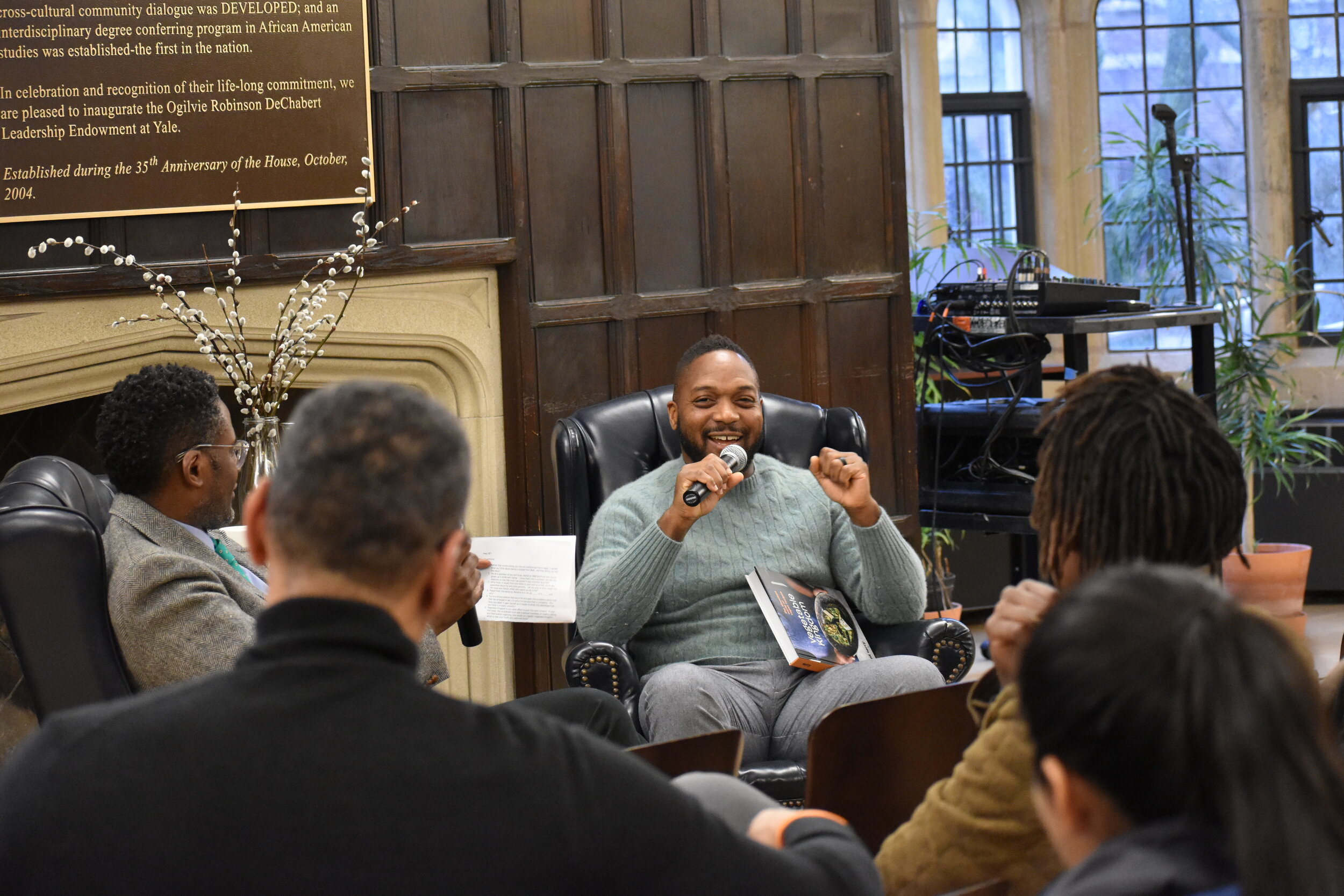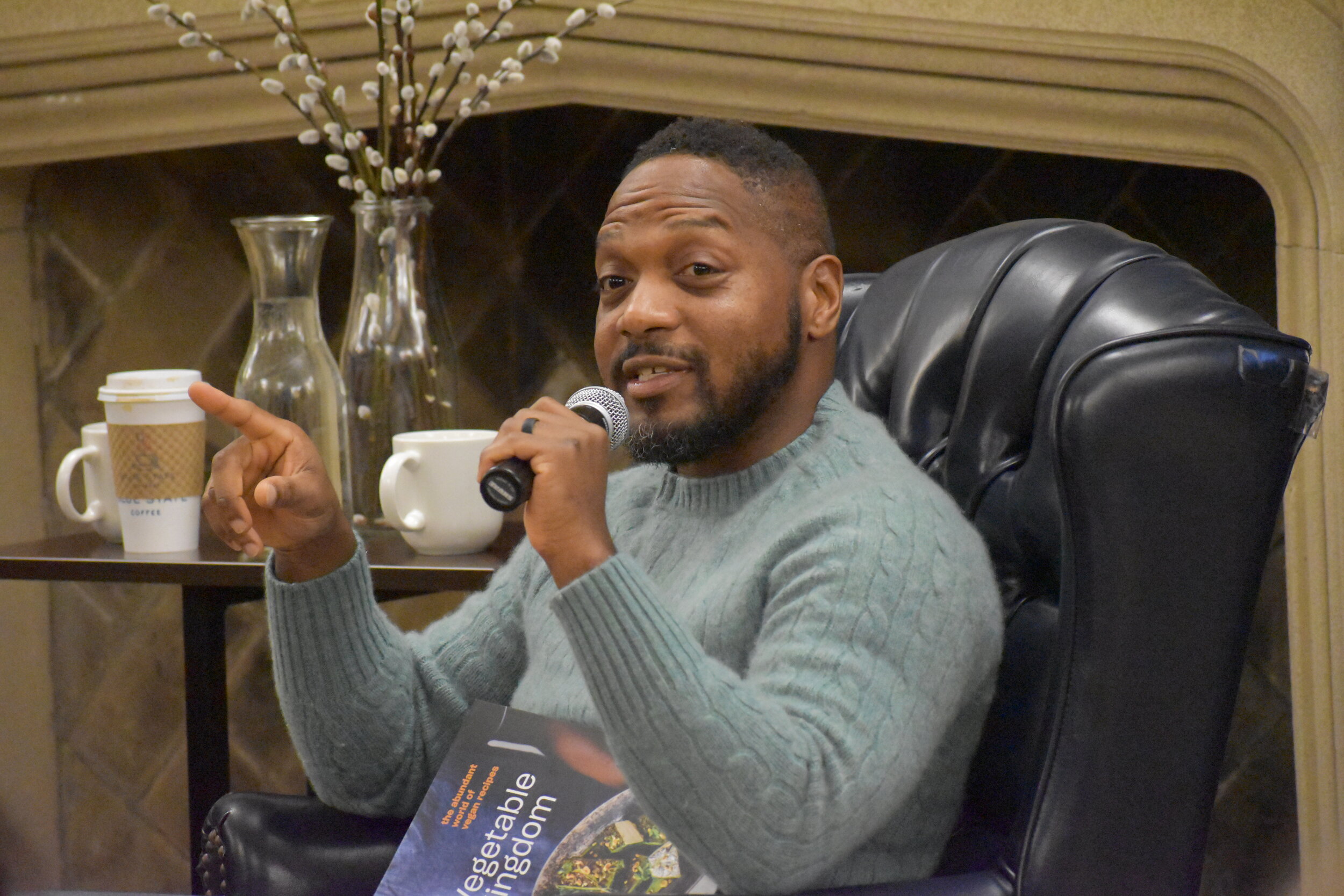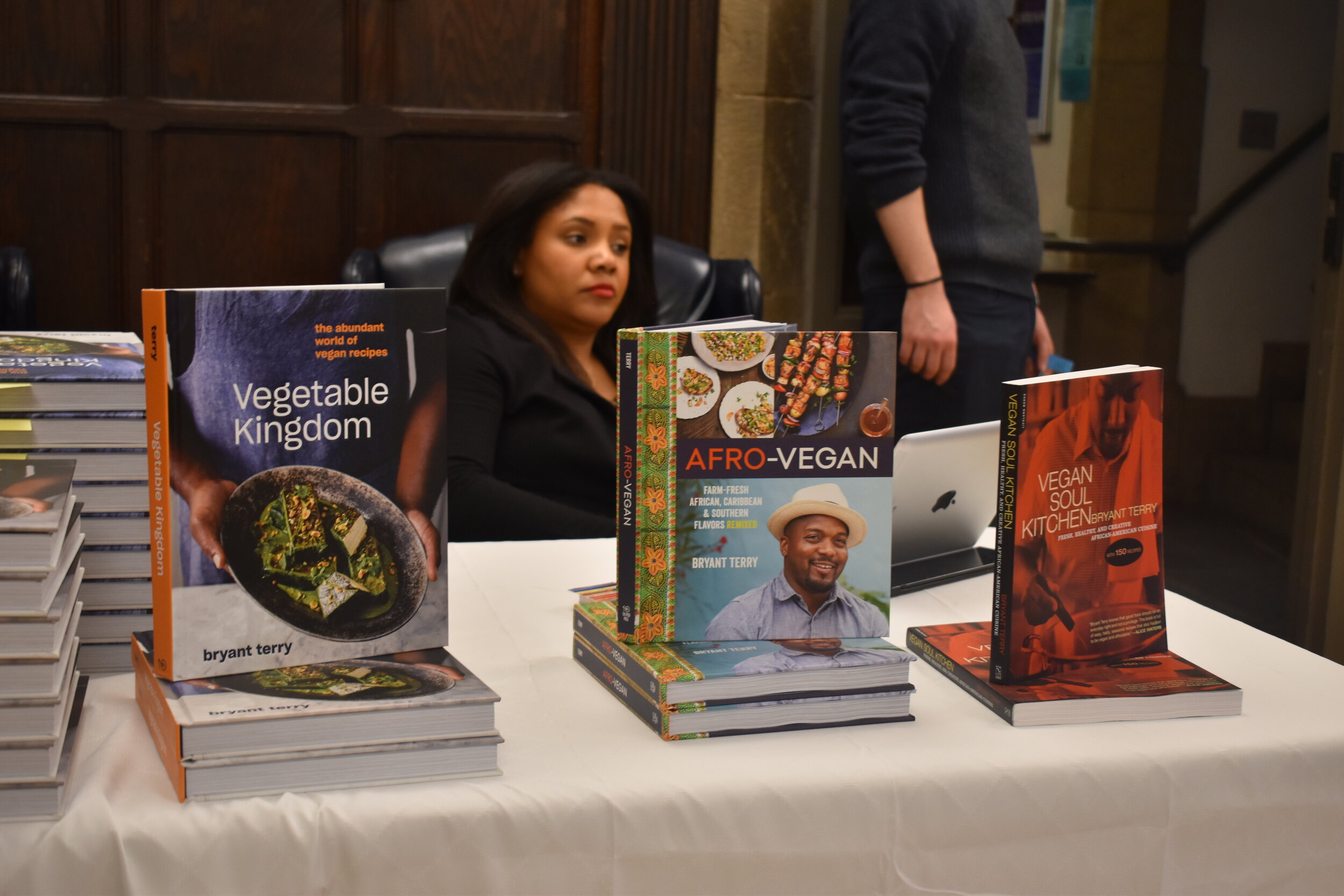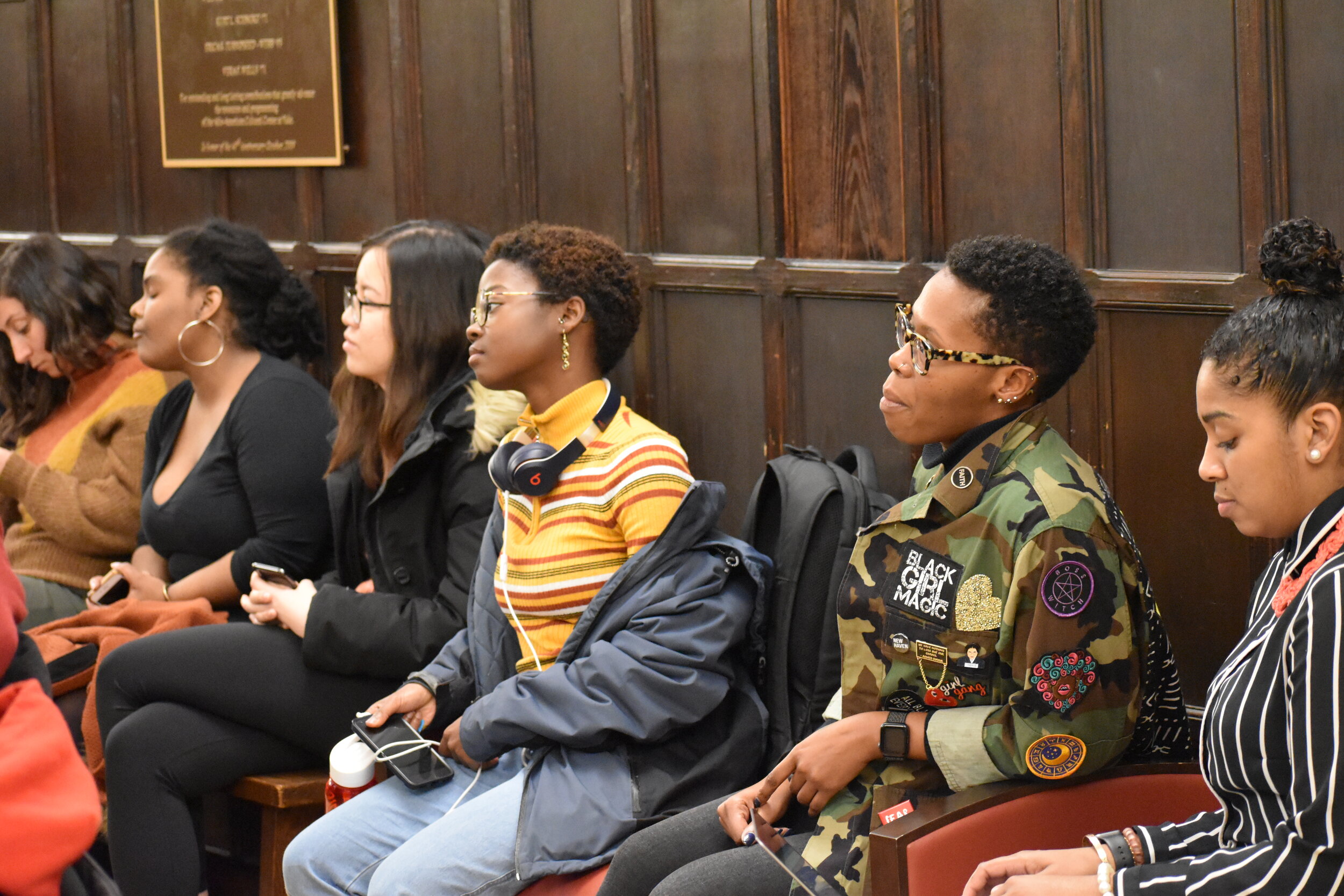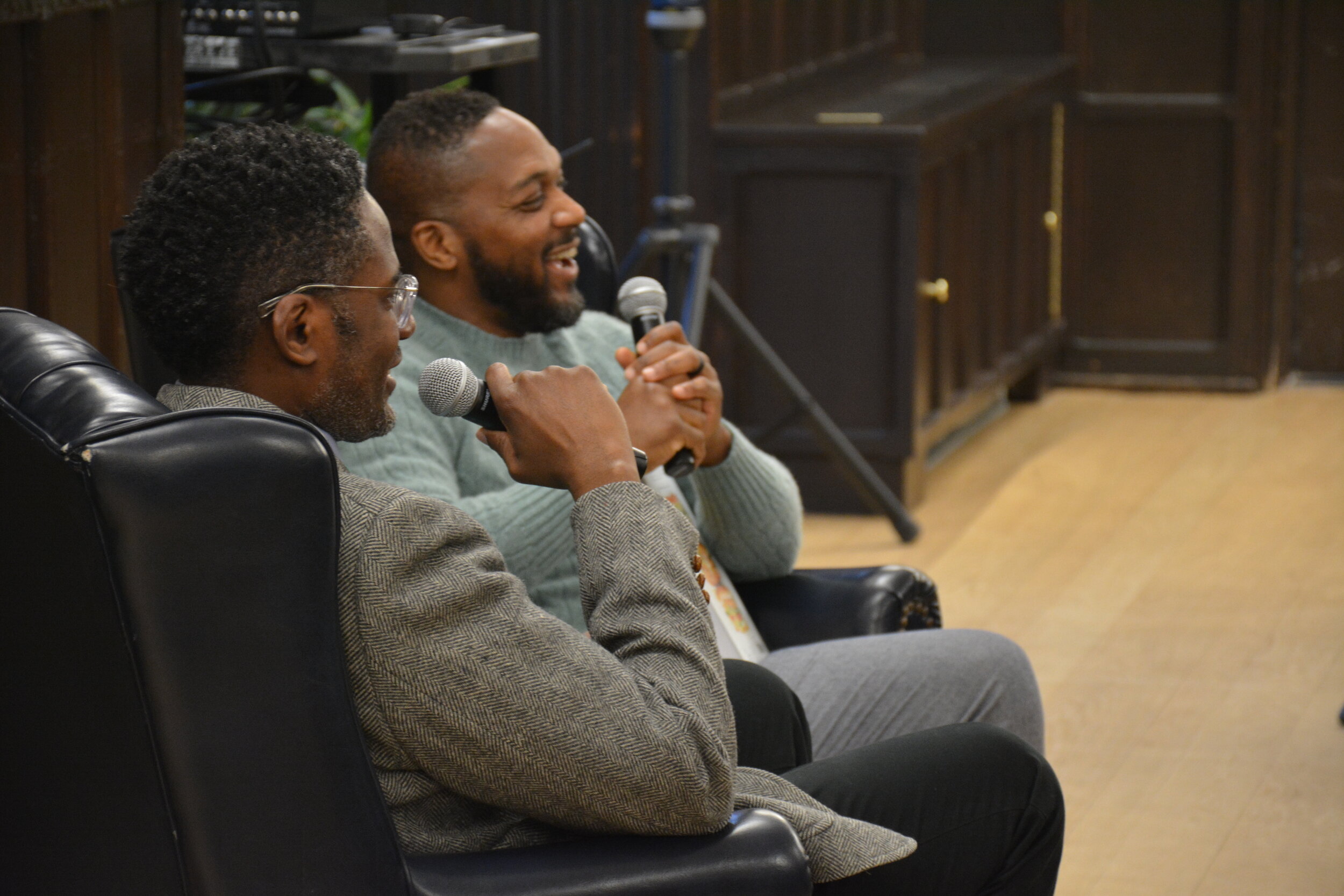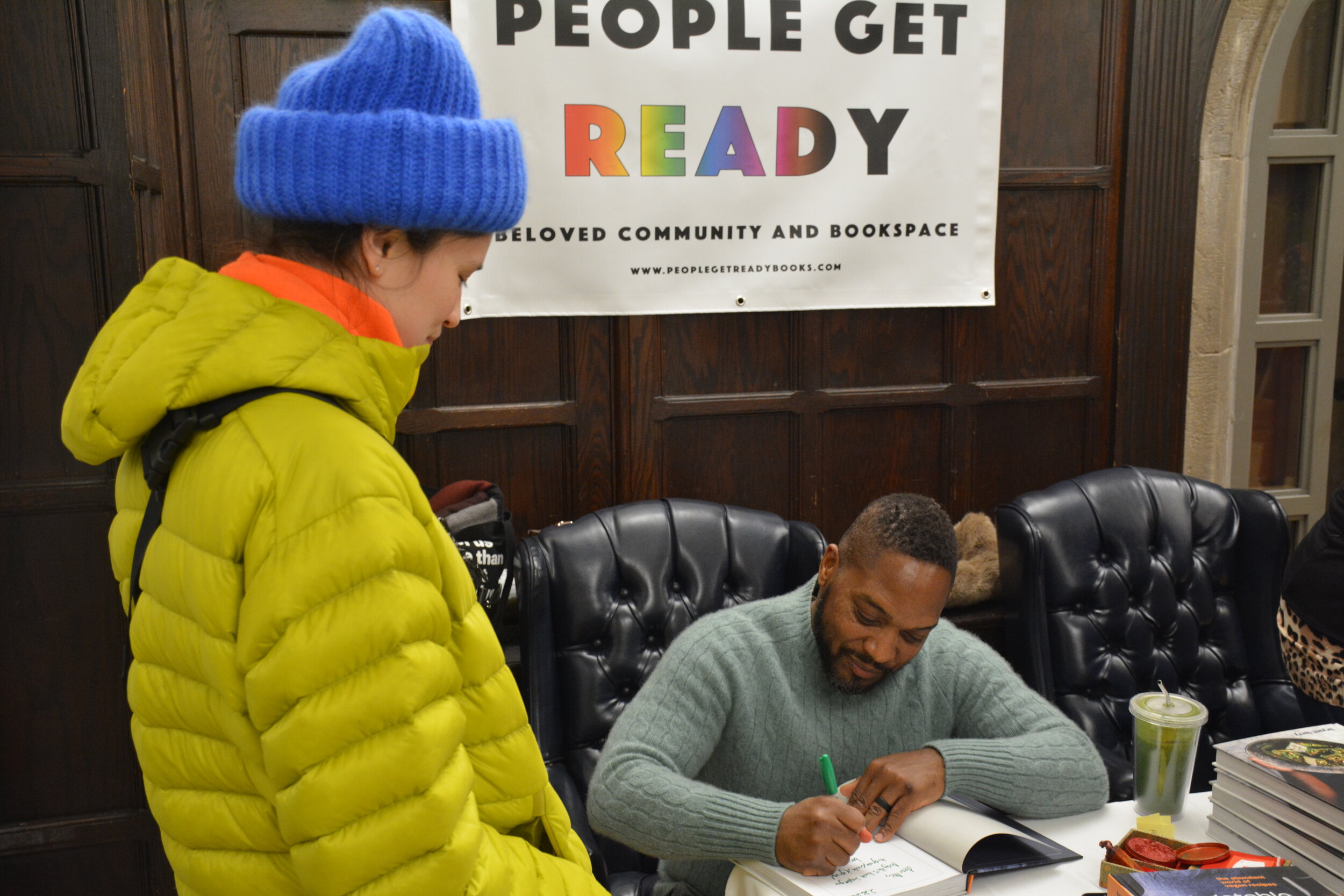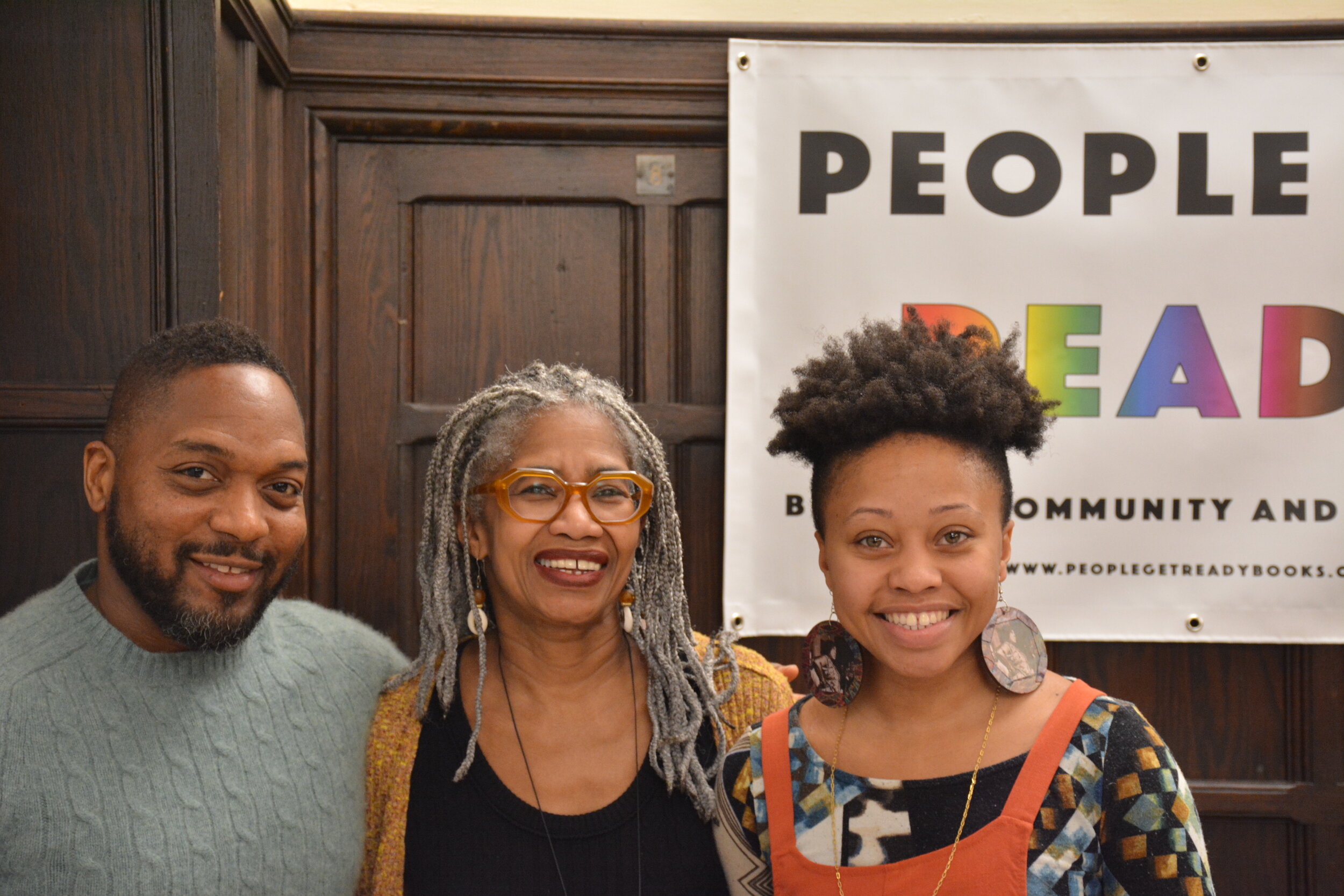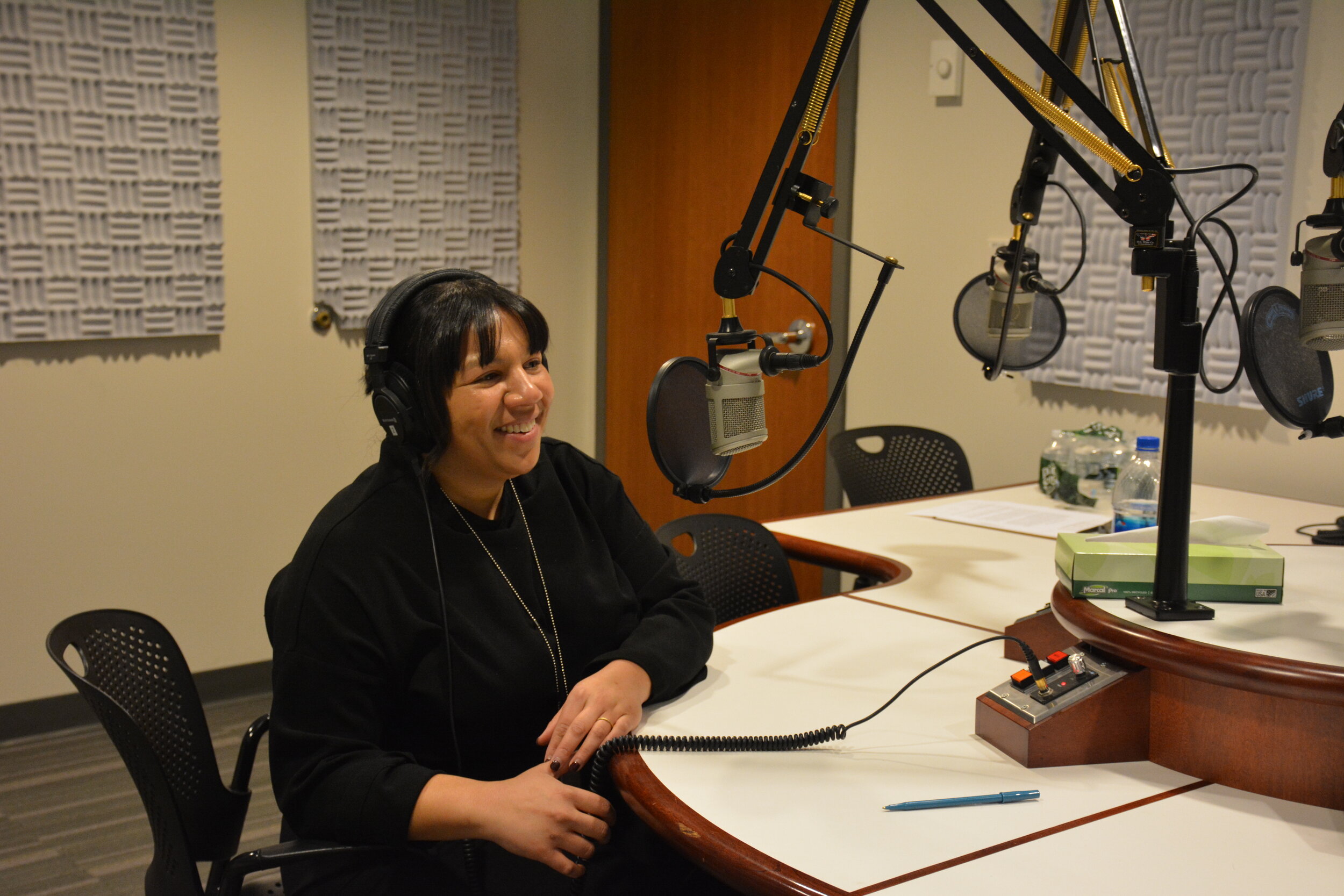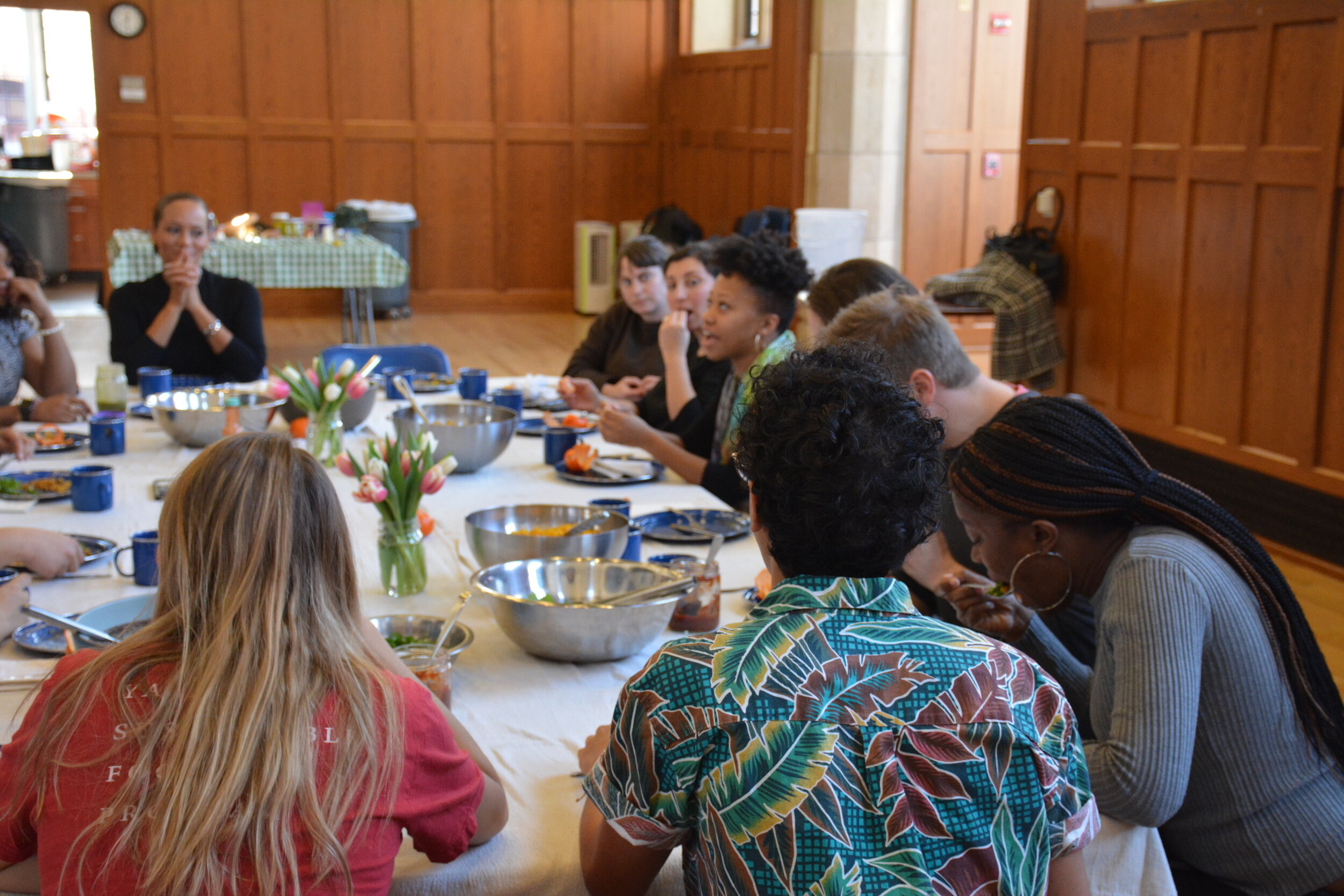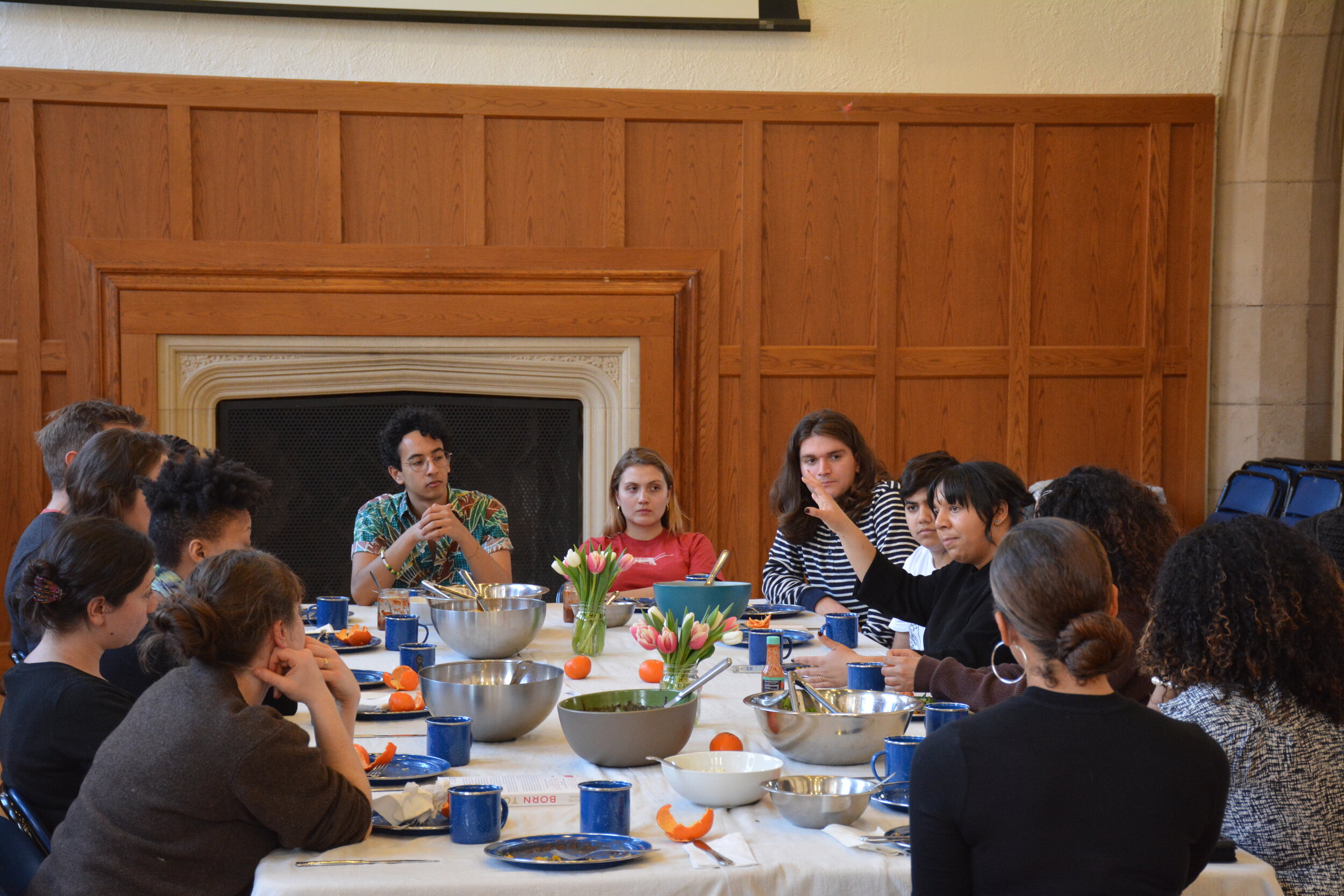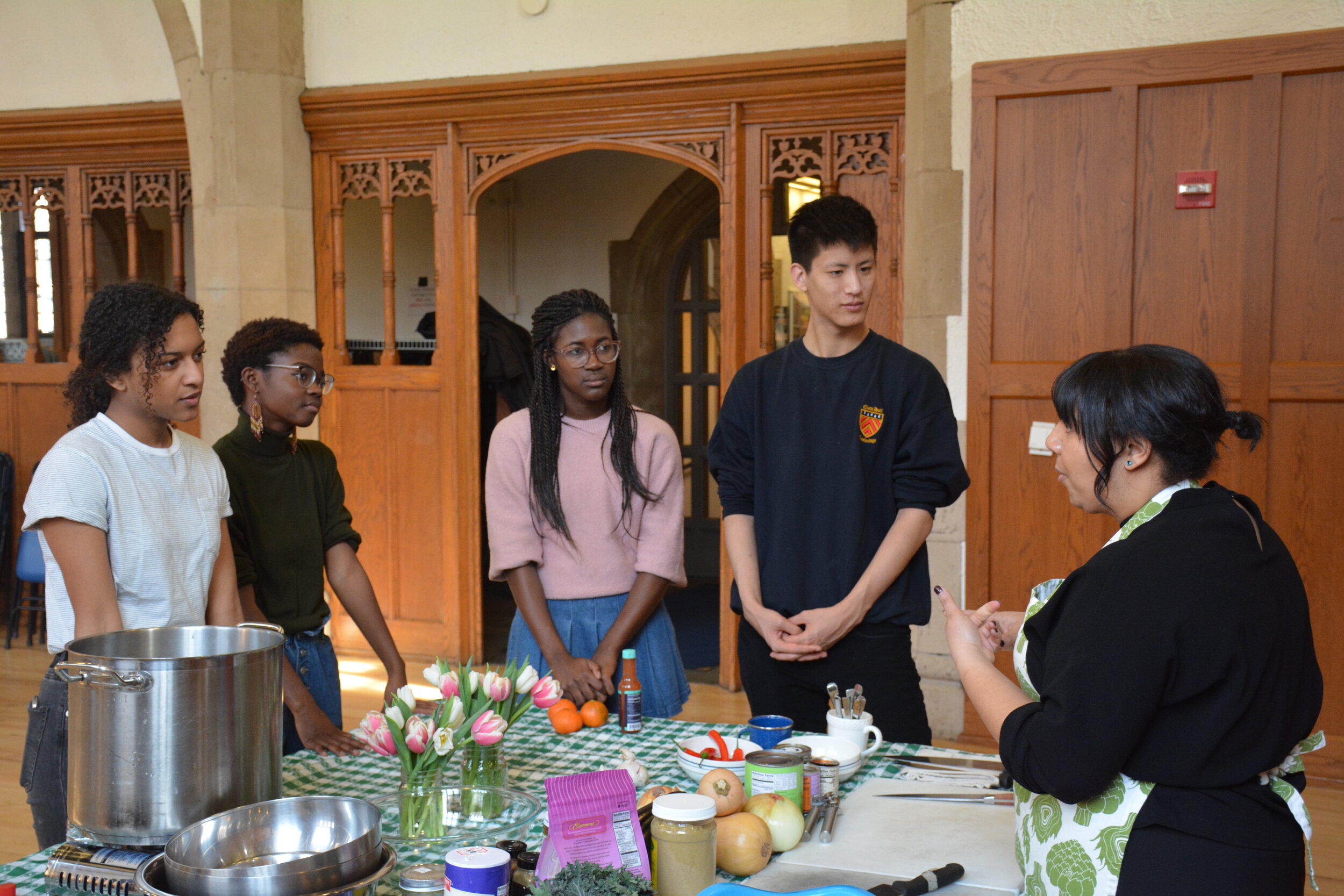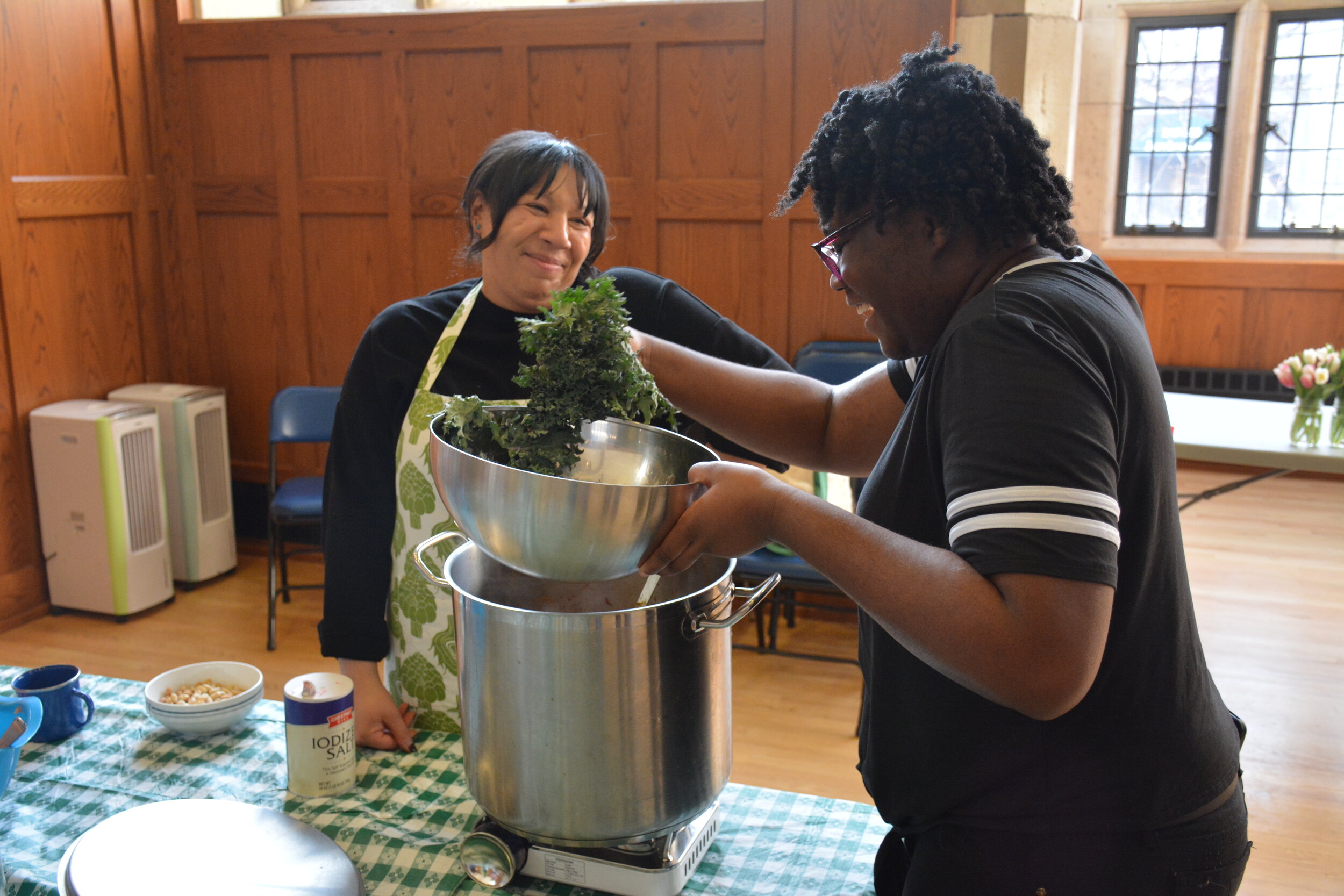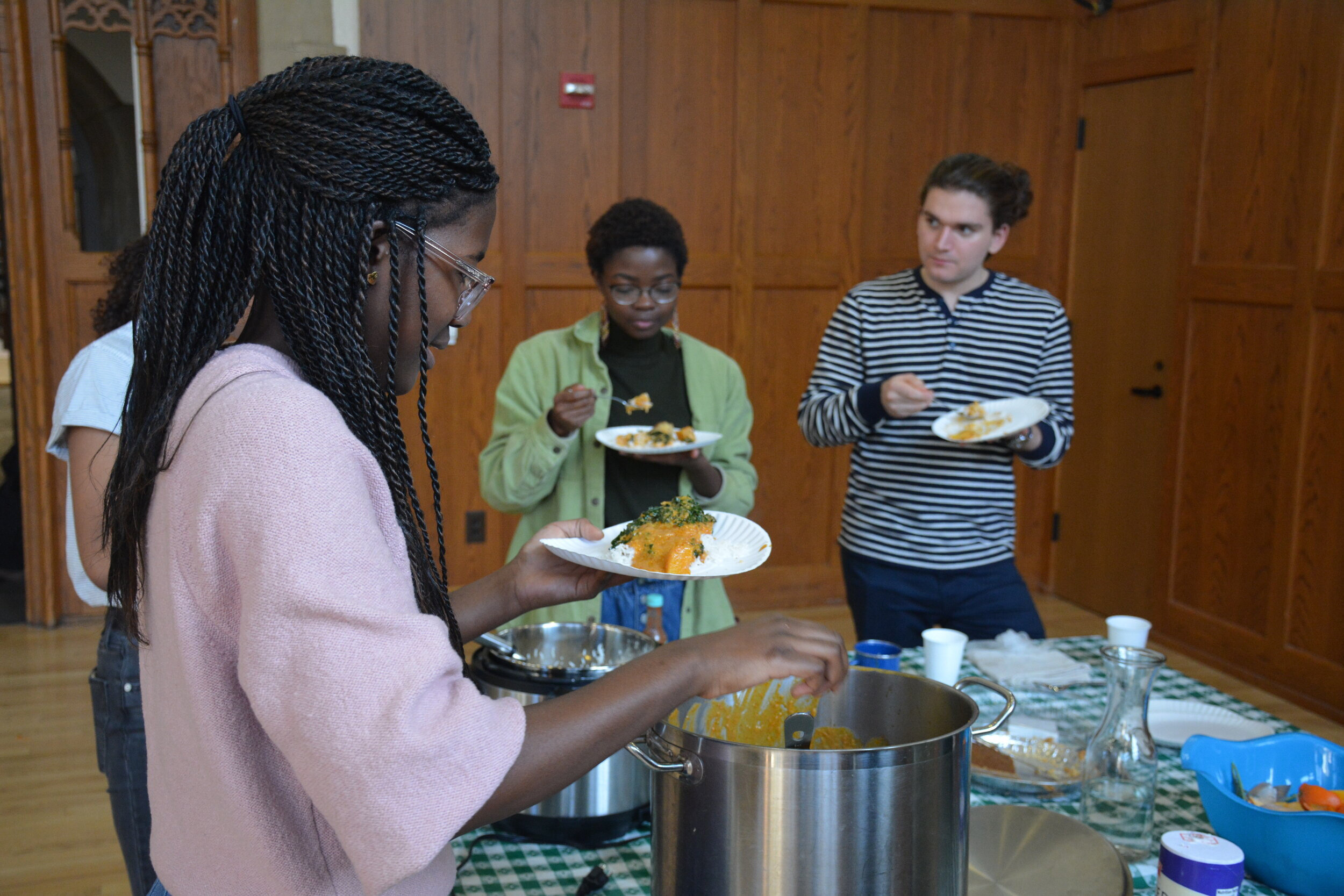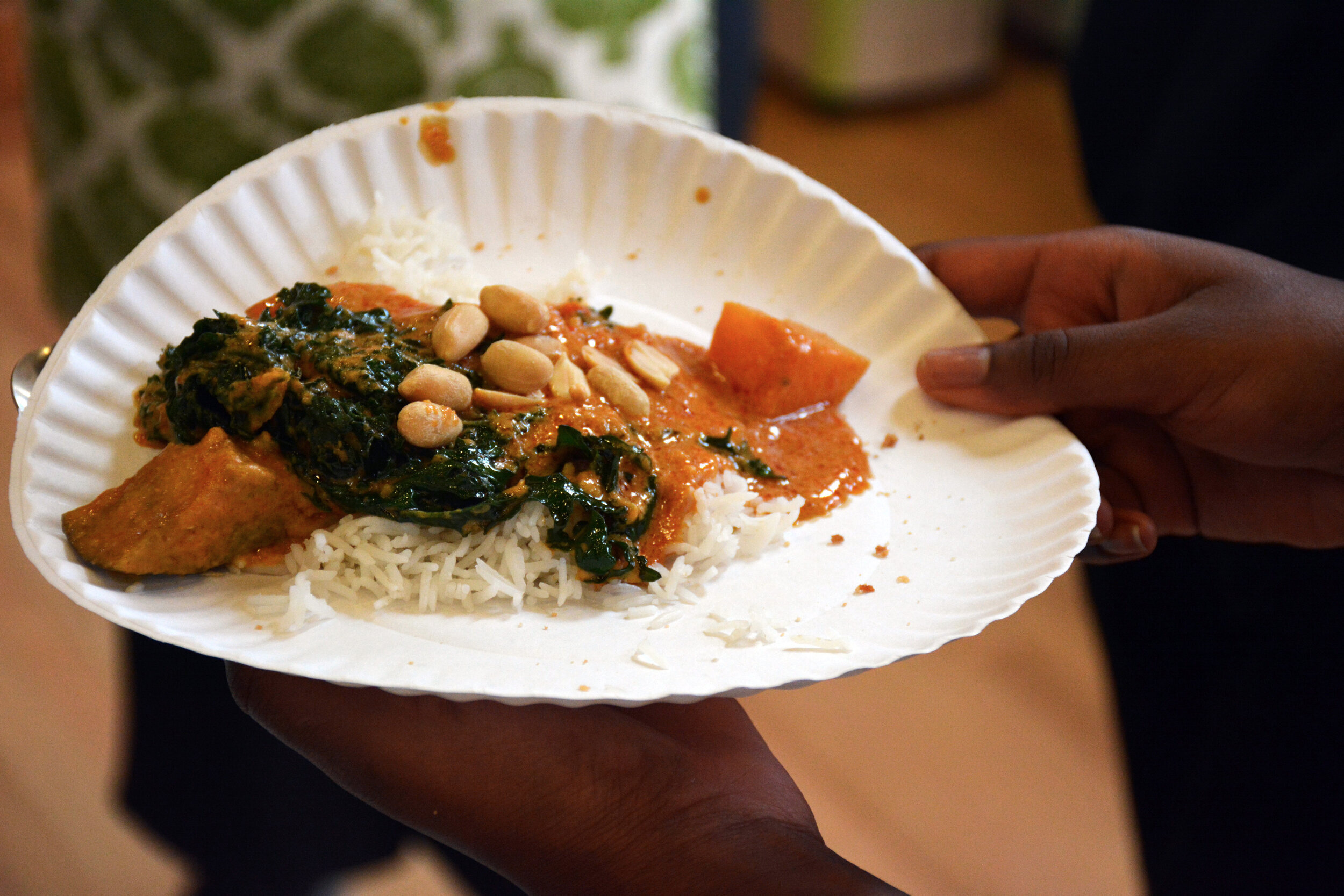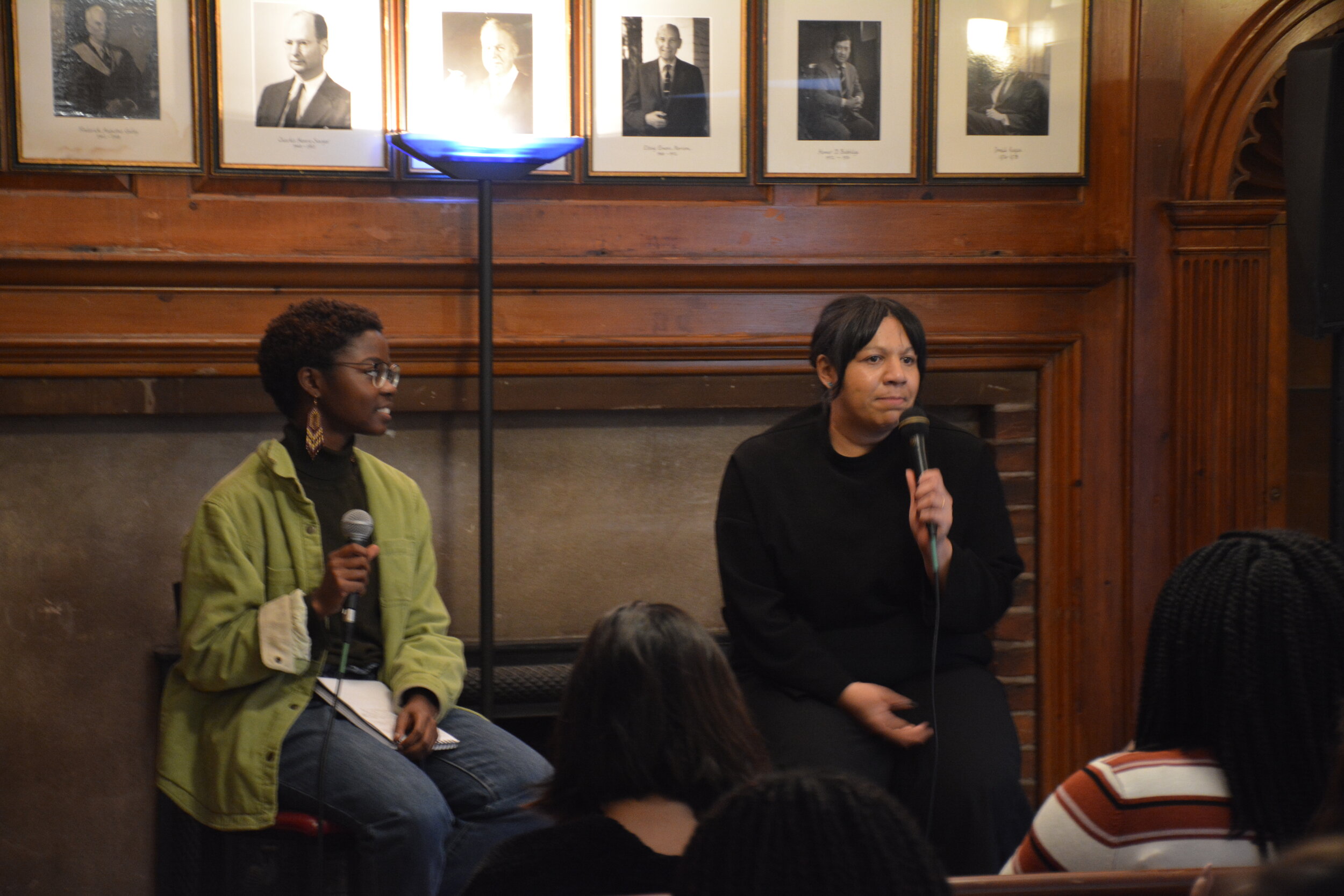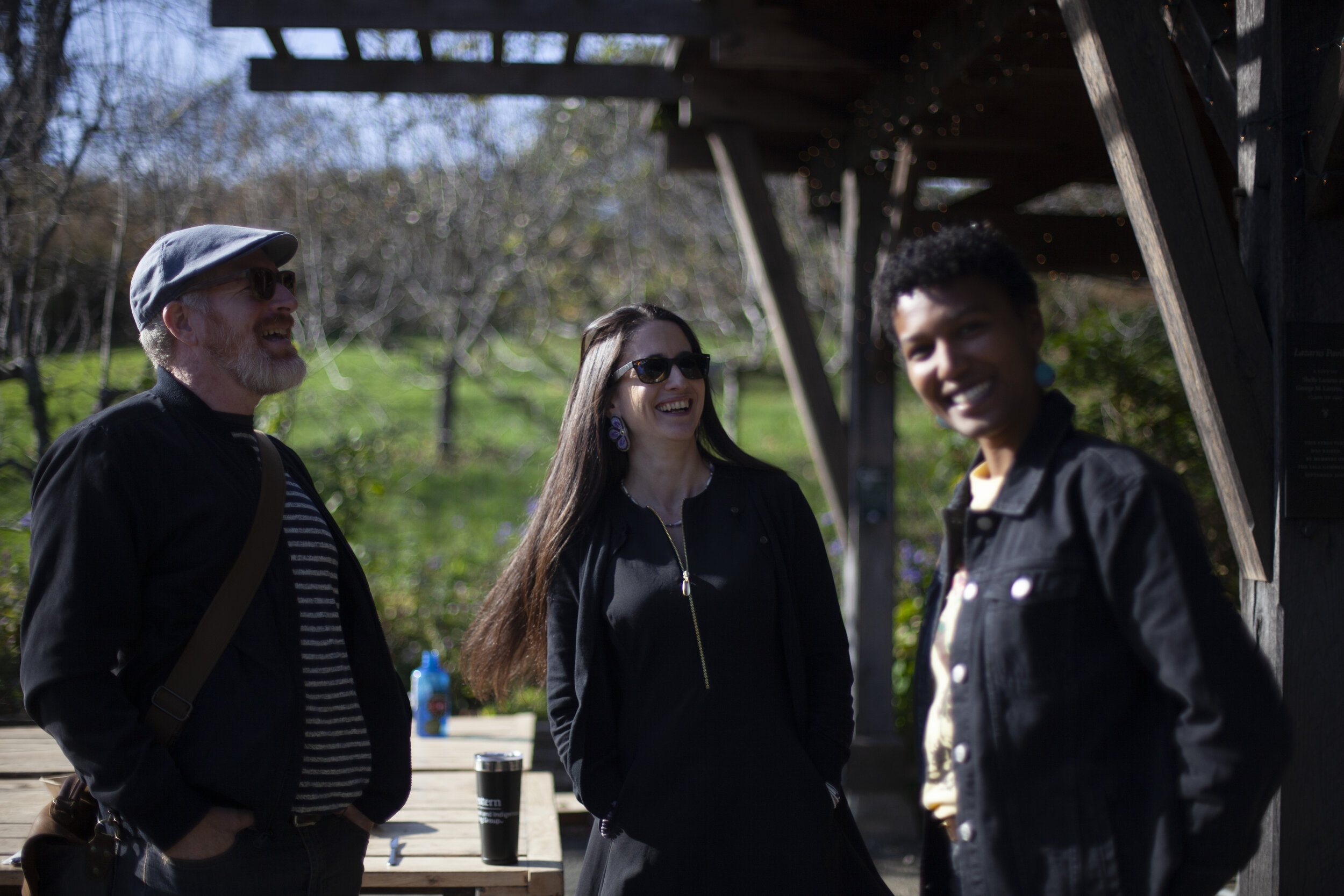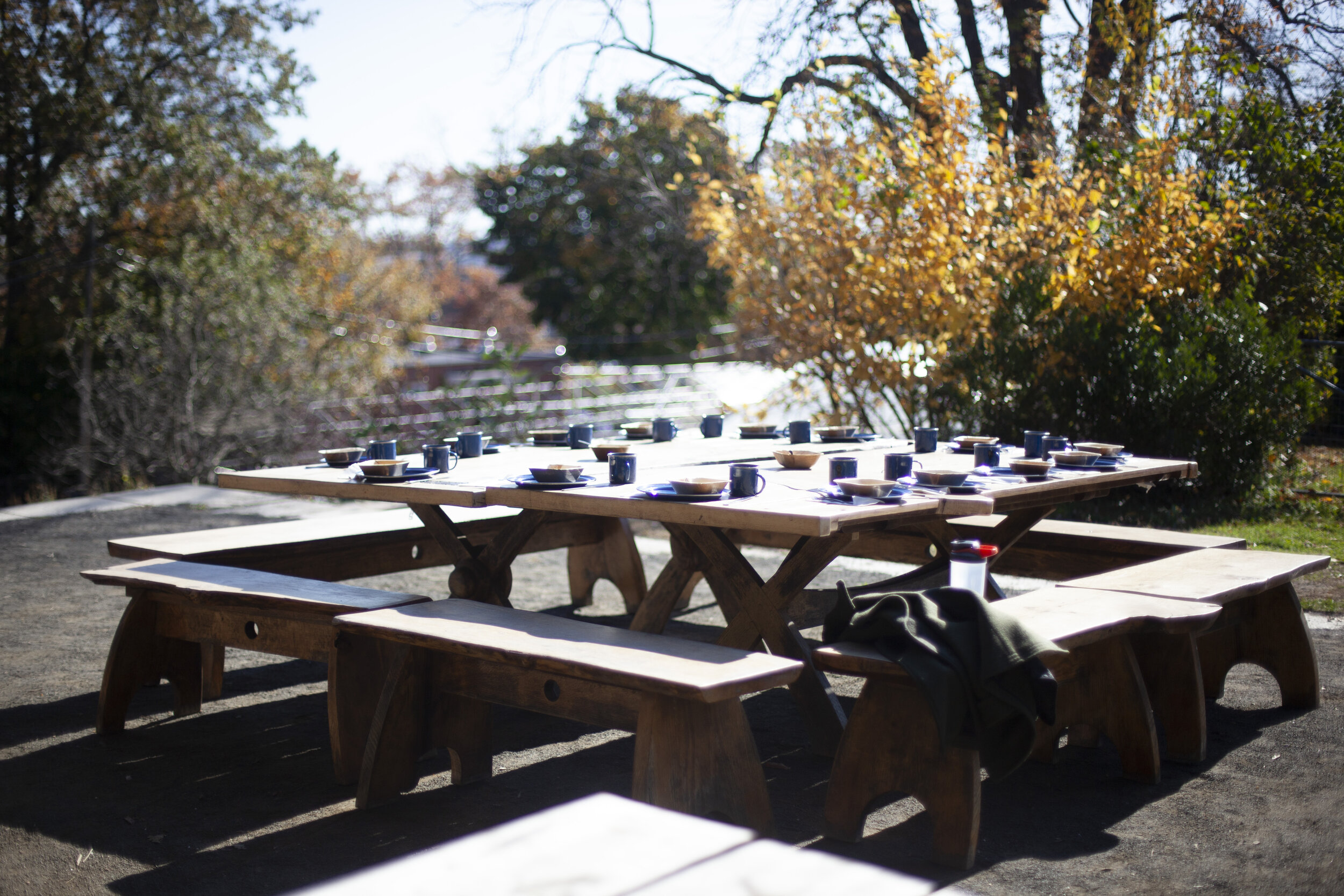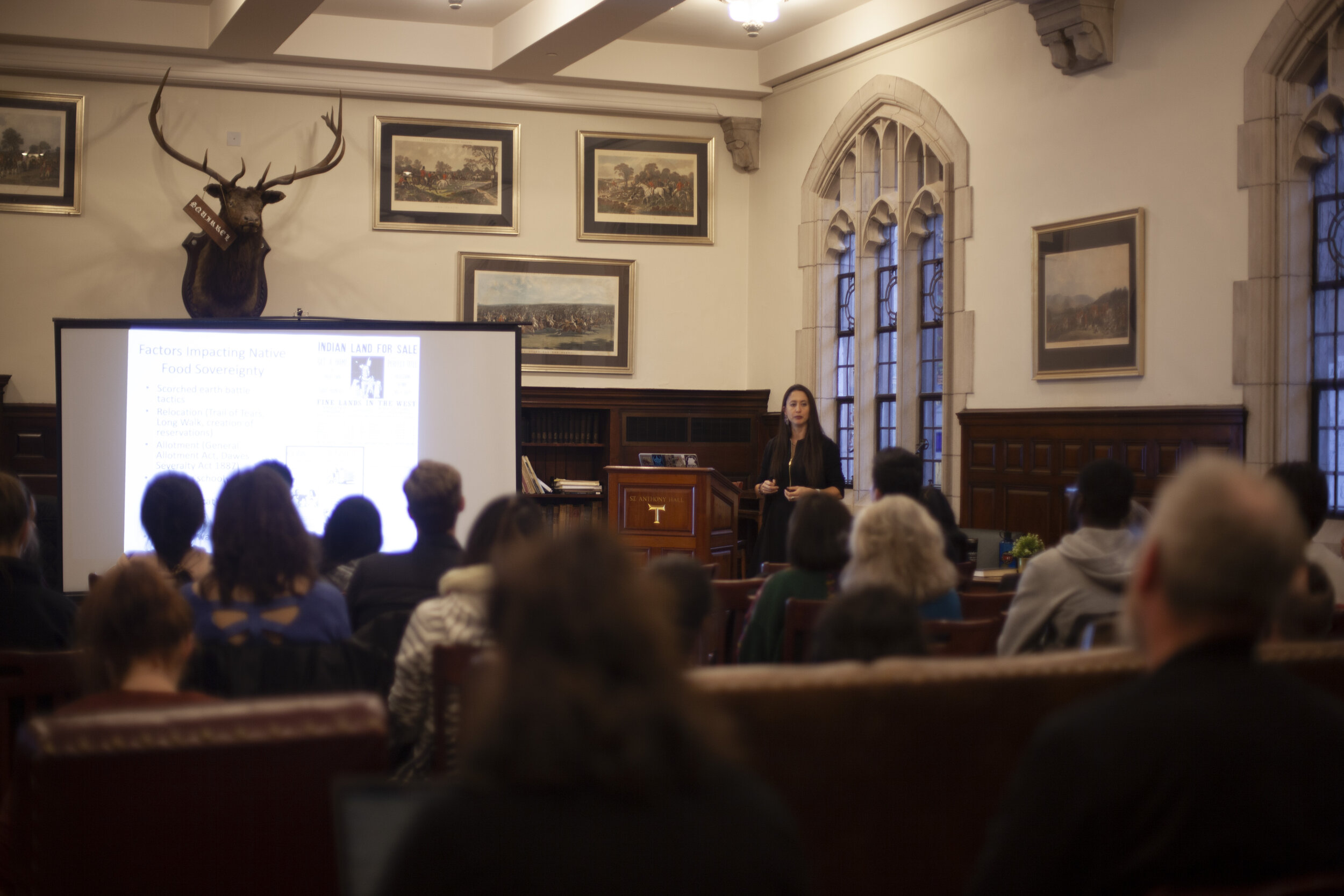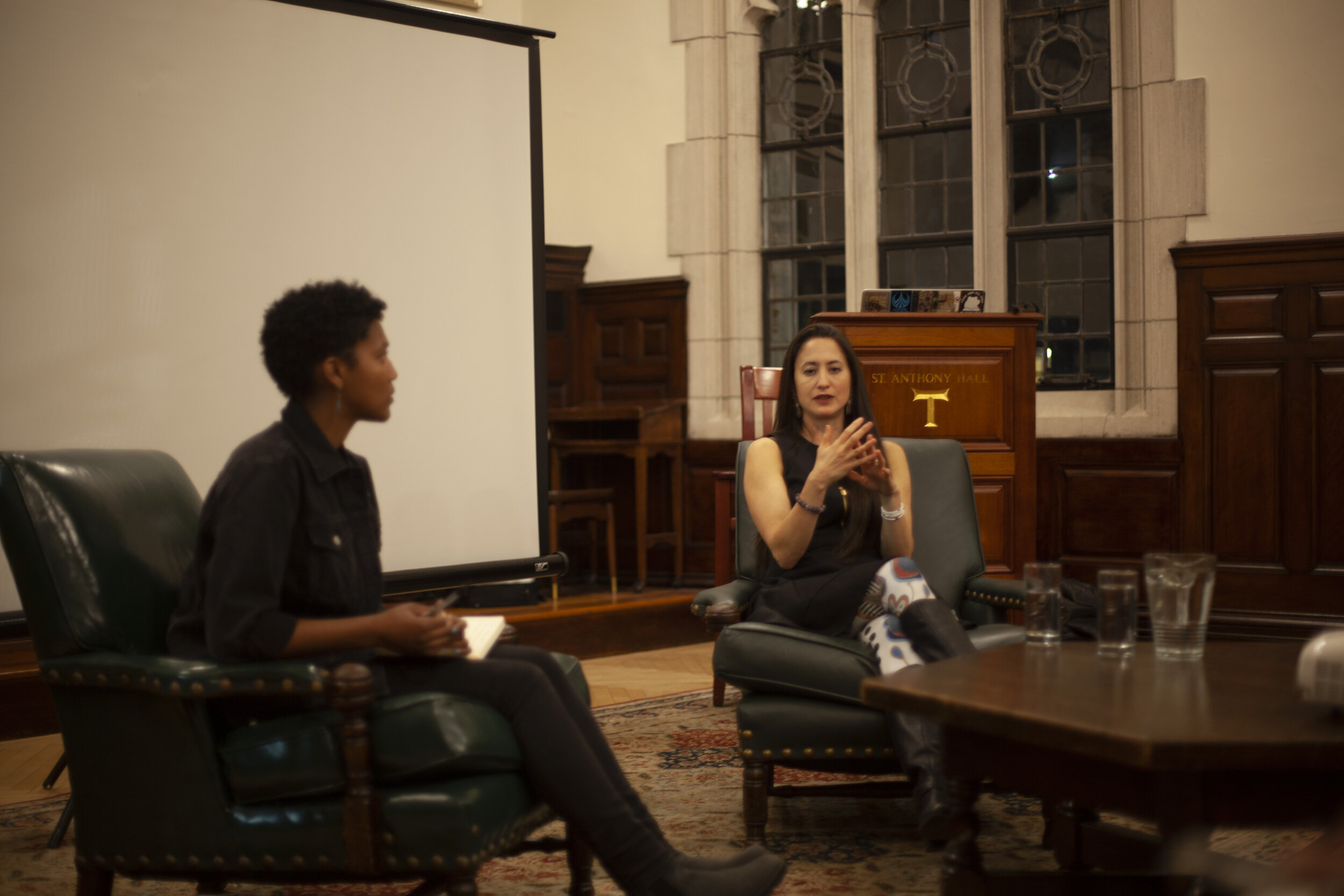Food is a subtle thing.
When Emily Sigman MF/MA Global Affairs ’20 traveled to Saint Petersburg last summer, she spent much of her days exploring its street markets. From the byzantine aisles of Sennoy to fruit stalls scattered the city, Emily was keen to observe what subtleties there may be. For starters, the brightly speckled berries that adorned so many booths. How much could they reveal about Russia’s biodiversity? In how small farms grew, but also in what could be foraged?
It helped that berry vendors often had their own stories of (mis)adventure. Mostly older women, the stall owners trekked hundreds of miles into the countryside to pick their desired fruits. As they set up their businesses from the trunks of their cars, these women regaled Emily their tales of evading regulatory authorities: an endless game of cat-and-mouse.
Wild mushrooms were also popular goods in Saint Petersburg’s markets. During her presentation for our weekly knead 2 know series, Emily invited two audience members to act out a script she’d written. Her text featured a number of conversations she’d had with locals about their perceptions of mushrooms.
“Do you know how to prepare these mushrooms?”
This conversation’s participant had asked Emily about cooking mushrooms. She’d had her own interesting theories of how toxins came to be “on” mushrooms, and what restaurants and processors then did to remove them. Surprising? Yes. But un-scientific? Not necessarily.
Most unexpected though, were the literary connections Russian locals drew with the city’s markets. One of Emily’s acquaintances dubbed Sennoy “a field of miracles in a country of fools.” She caught the reference immediately. “Field of Miracles” was the title of a popular television show, with a deeper reference to Tolstoy’s famous children’s story, The Golden Key. And the use of “fool”? Actually positive. Based on the Russian folktale trope Ivan the Fool, this character is simple-natured, his destiny always one of good fortune.
In her time abroad, Emily was exposed to a vast spectrum of Russian ethno-gastronomic experiences and beliefs, windows into the more complex cultural workings of food. In other words, sometimes, the most interesting connections between food and identity were not as obvious as a clearly stated culinary tradition. Instead, cultural milieus were built subtly, subconsciously. For example the literary references to describe these markets hinted at a cultural claim over space, couched in, or at least related to, Russian and Slavic identity. How then, might these perceptions interact with the non-Slavic foods and people who also inhabit, and even control neighboring and overlapping spaces? Another research question for another day.
Emily’s research was partially funded by the Yale Sustainable Food Program’s Global Food Fellowship. Photos provided courtesy of Emily. Event photography by Vuong Mai '21.
